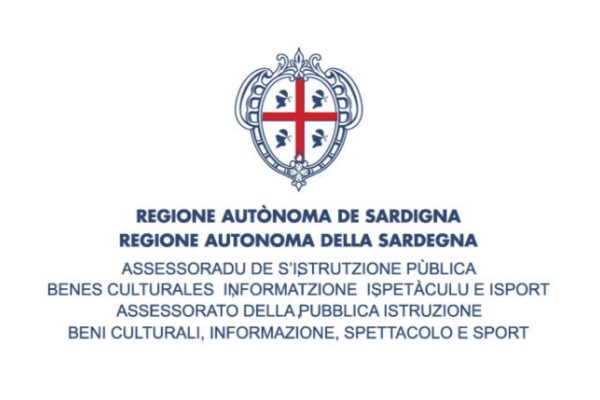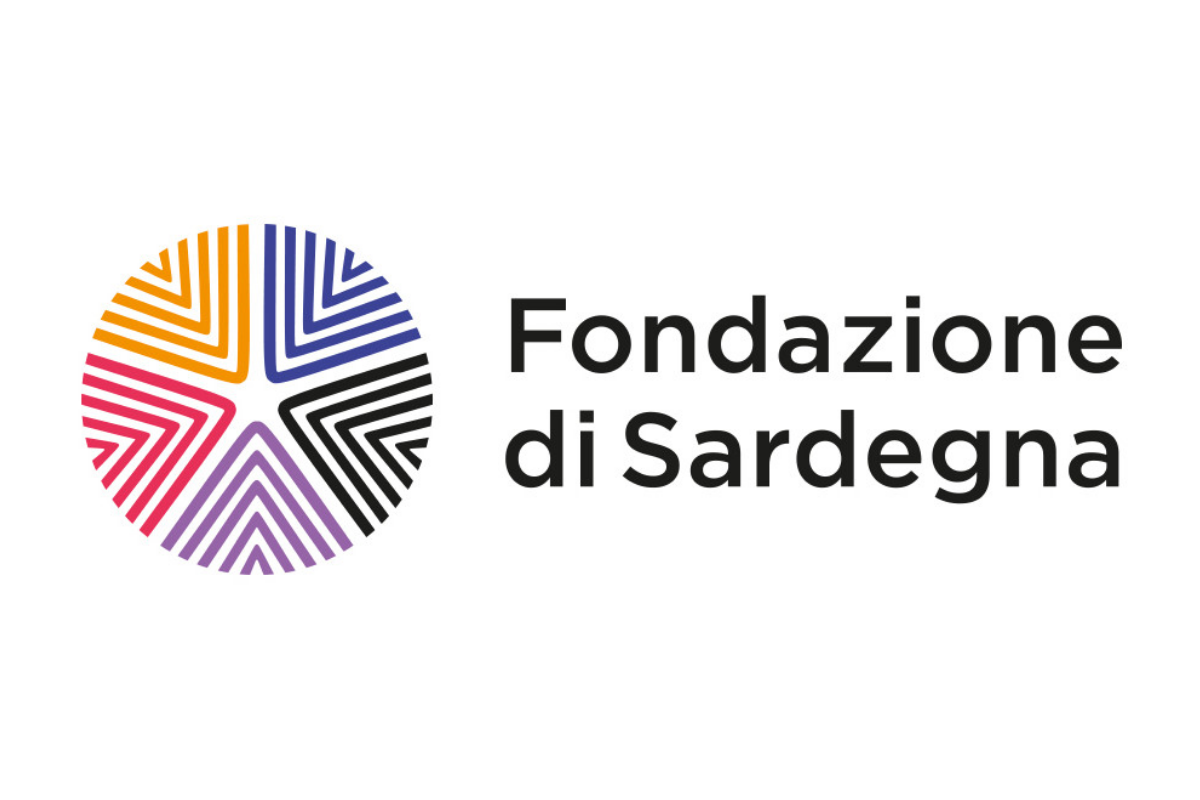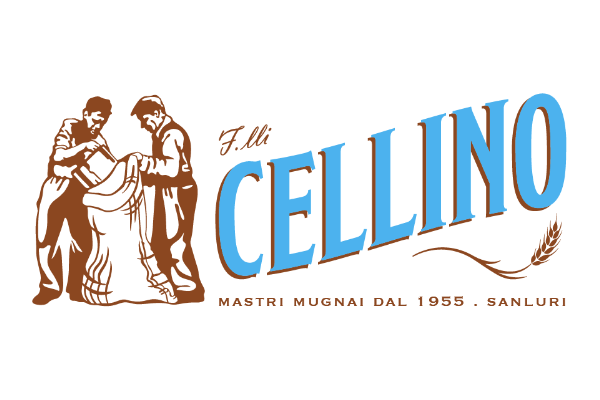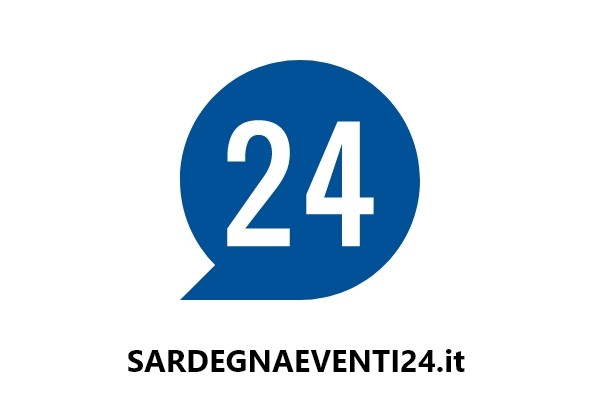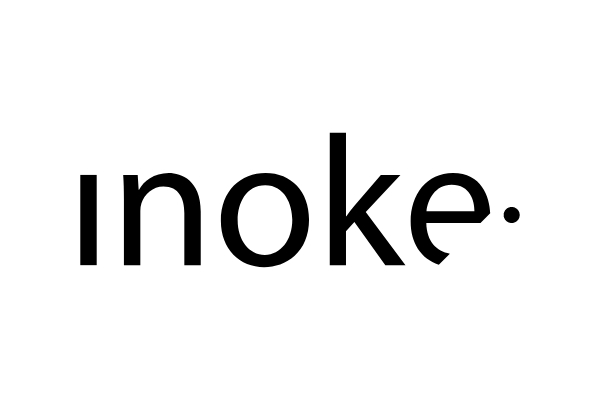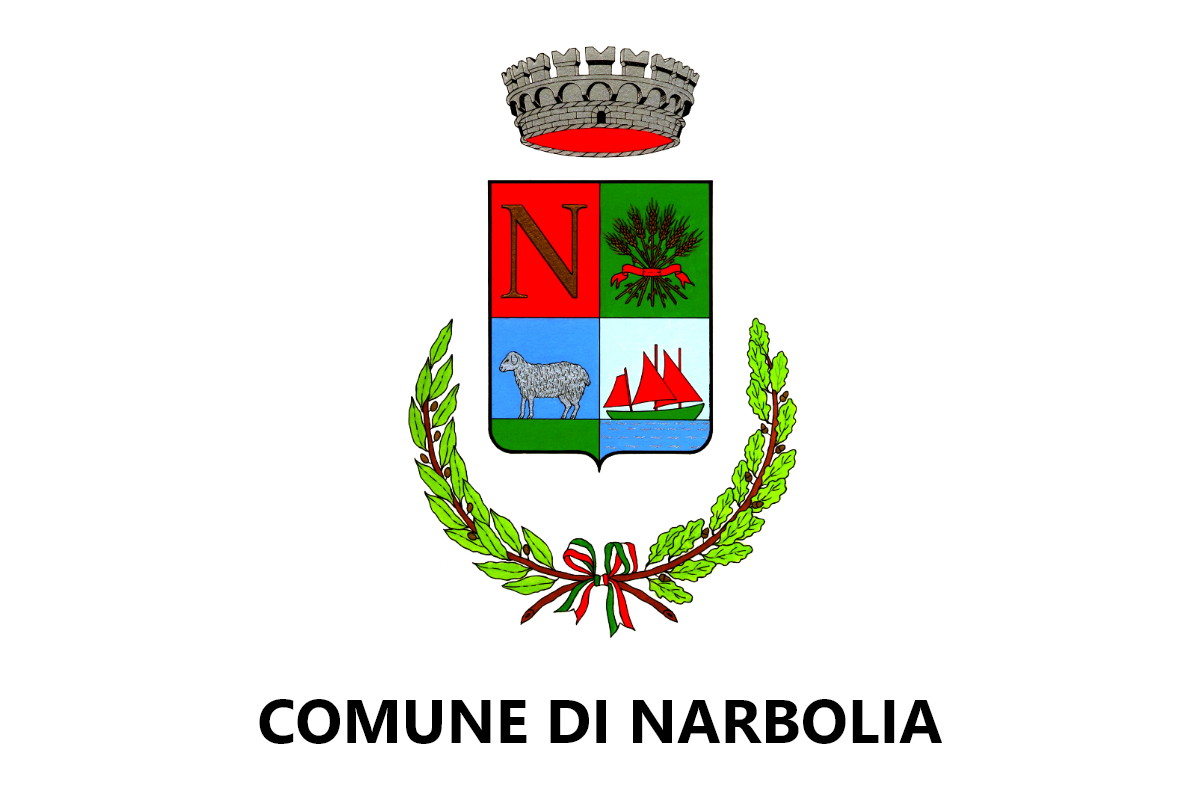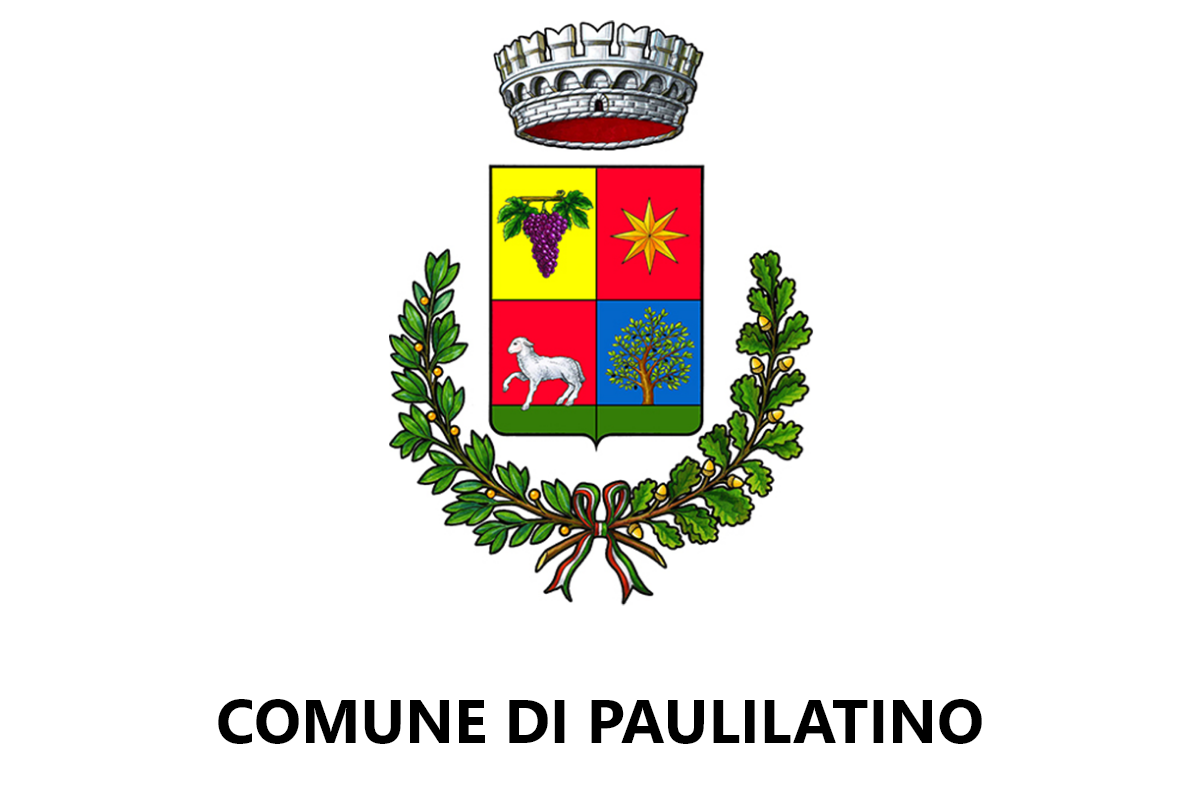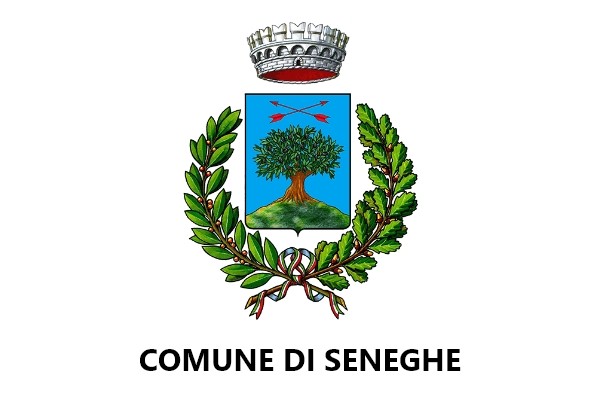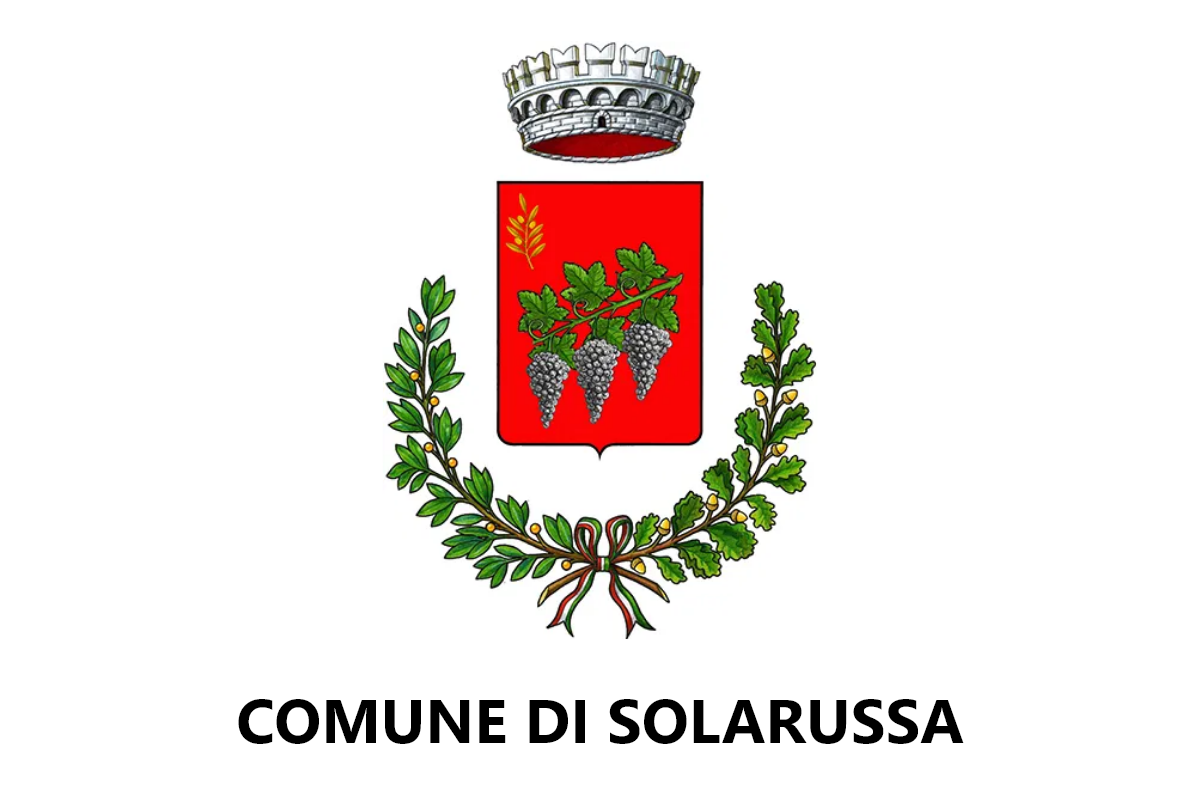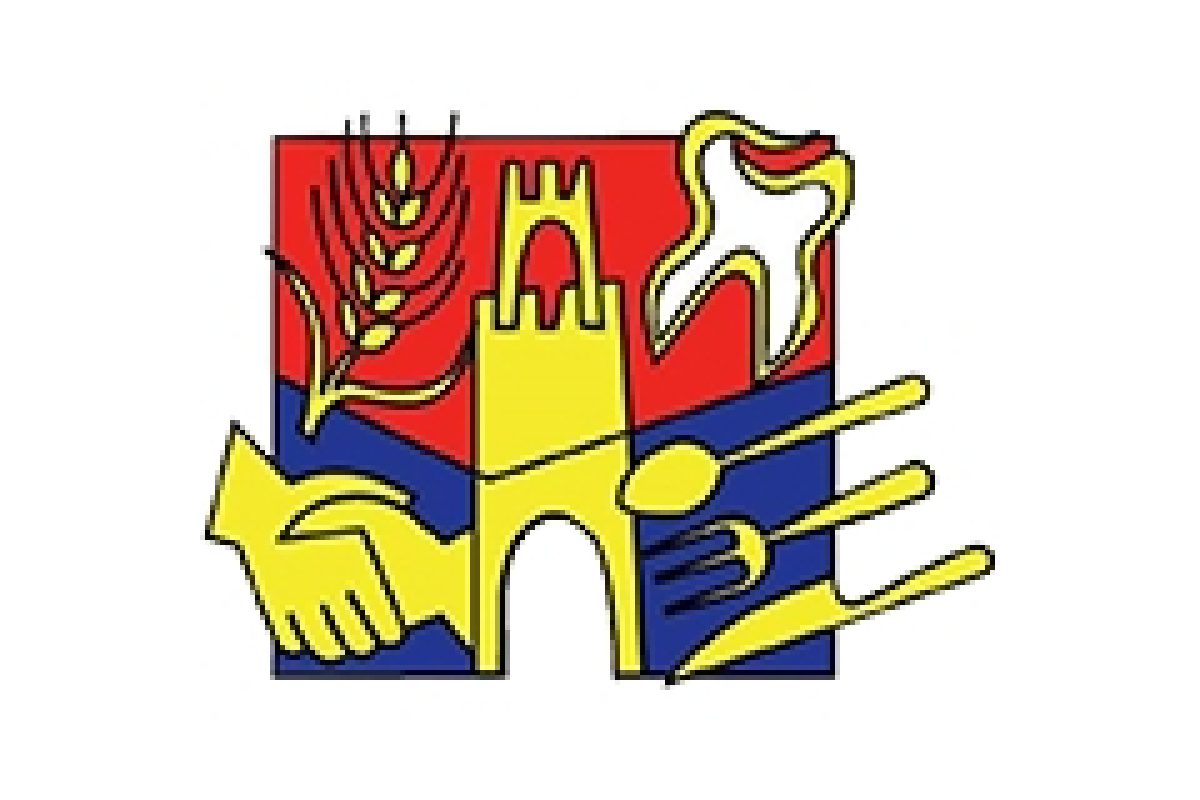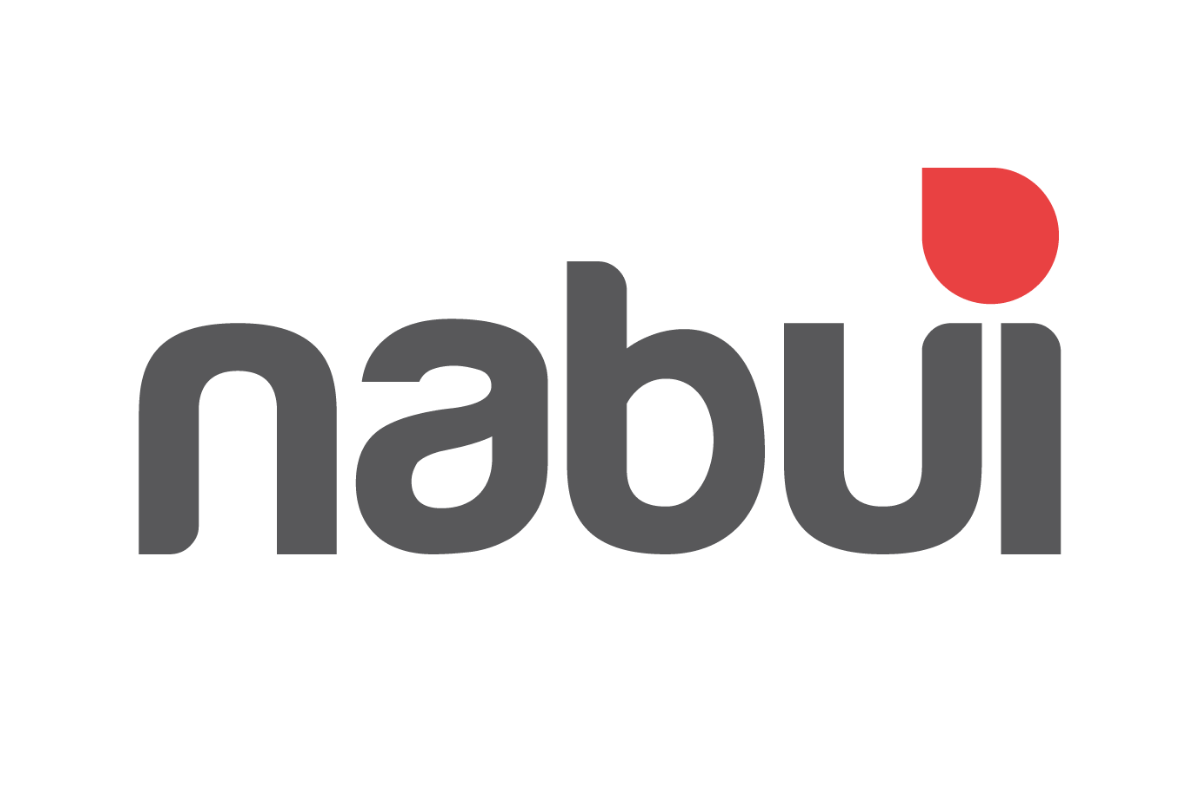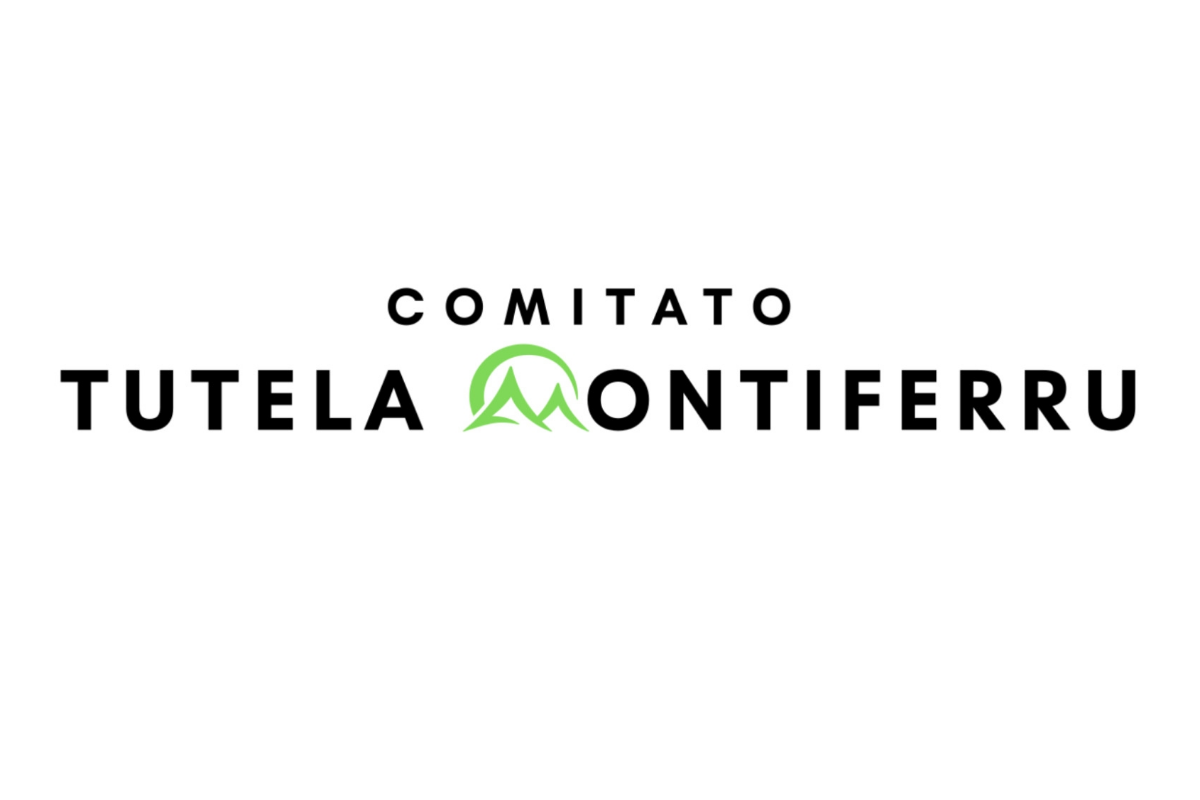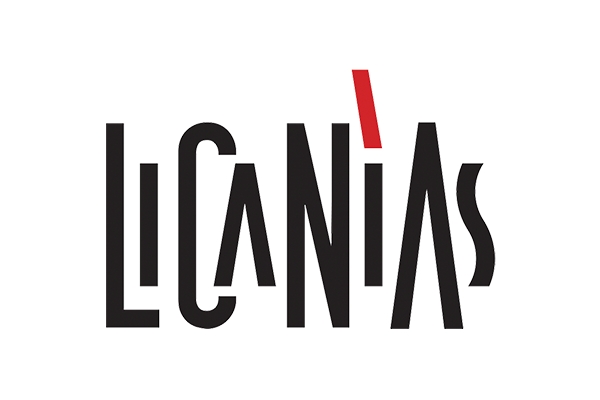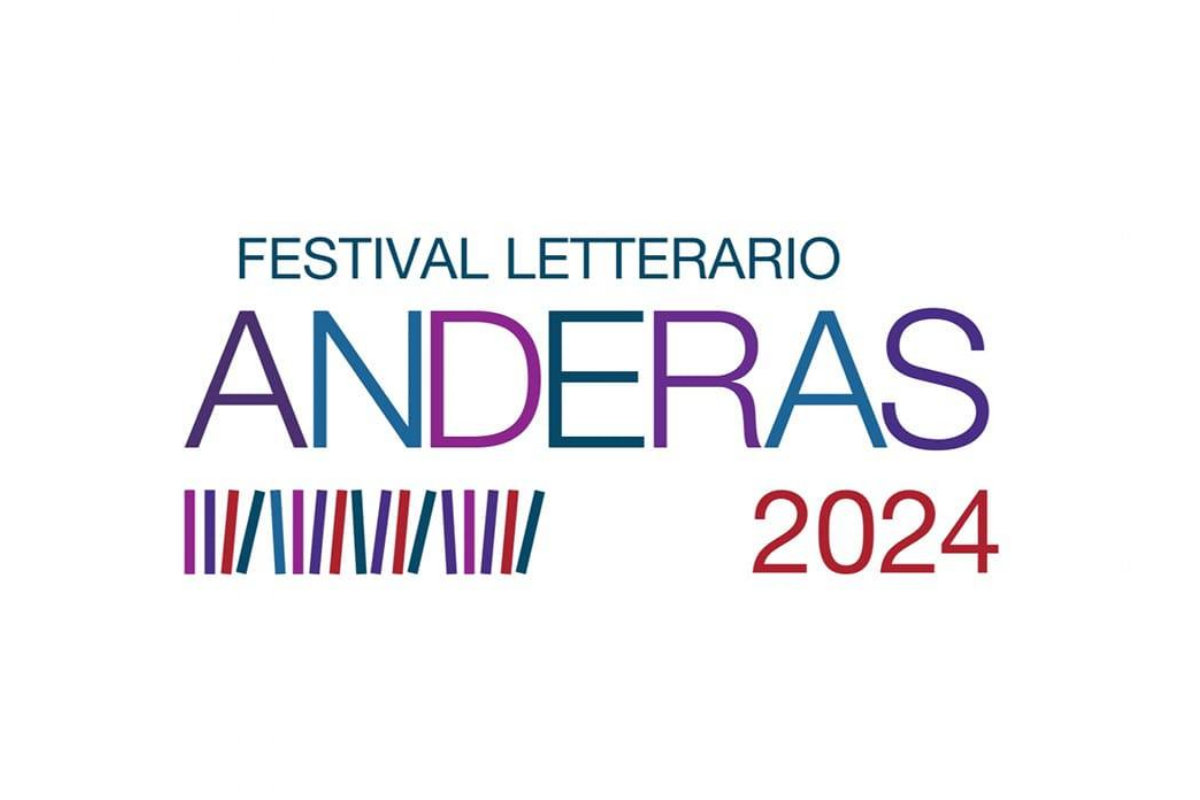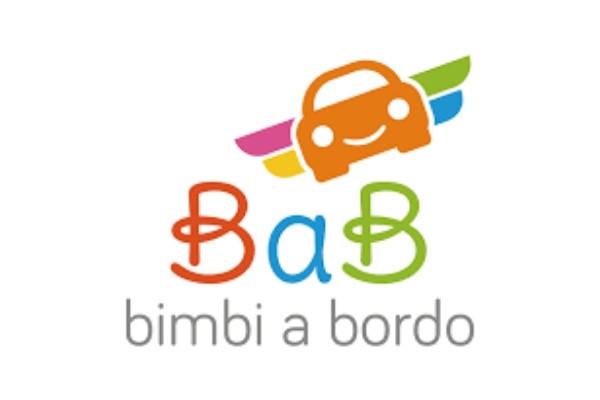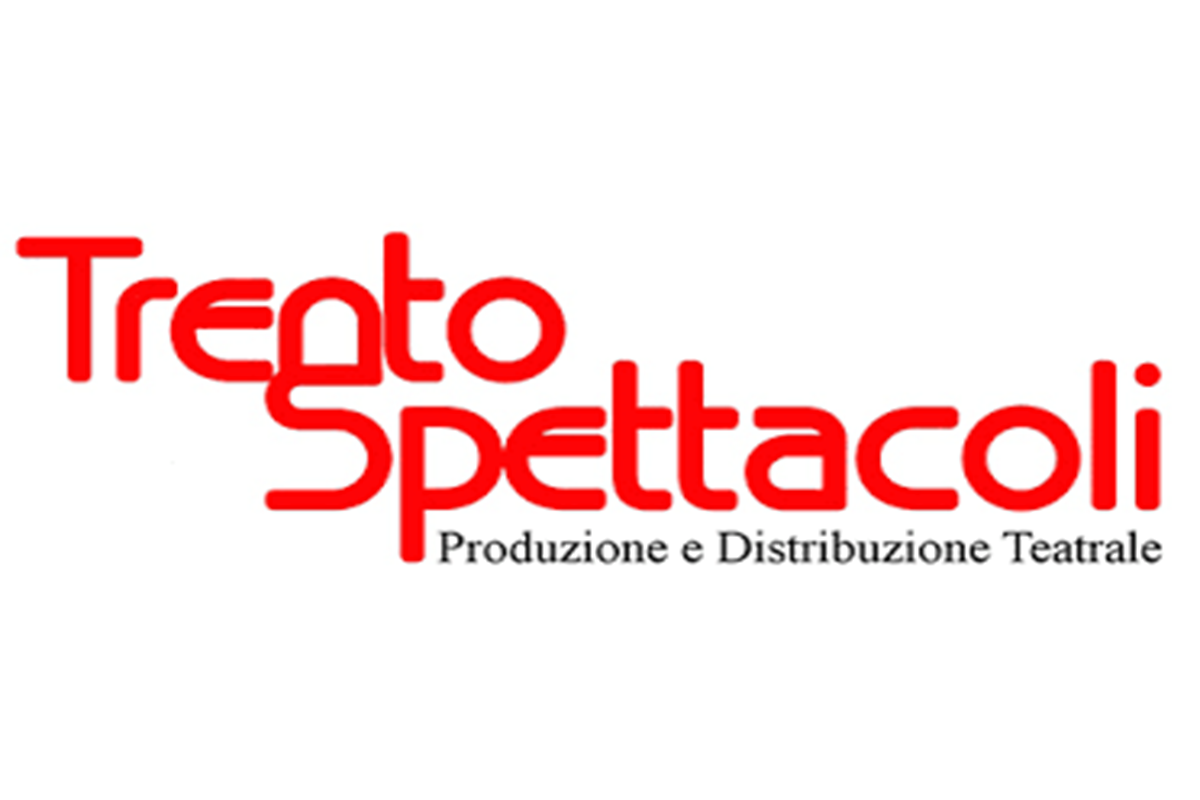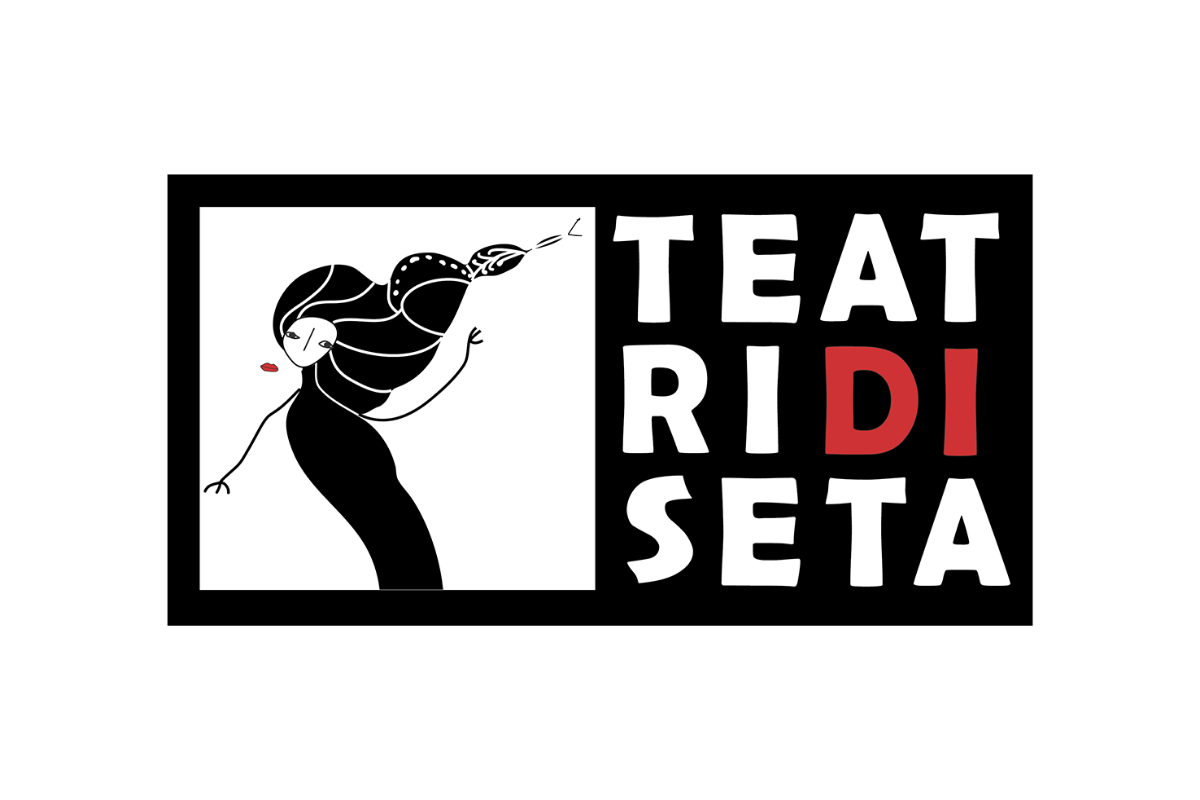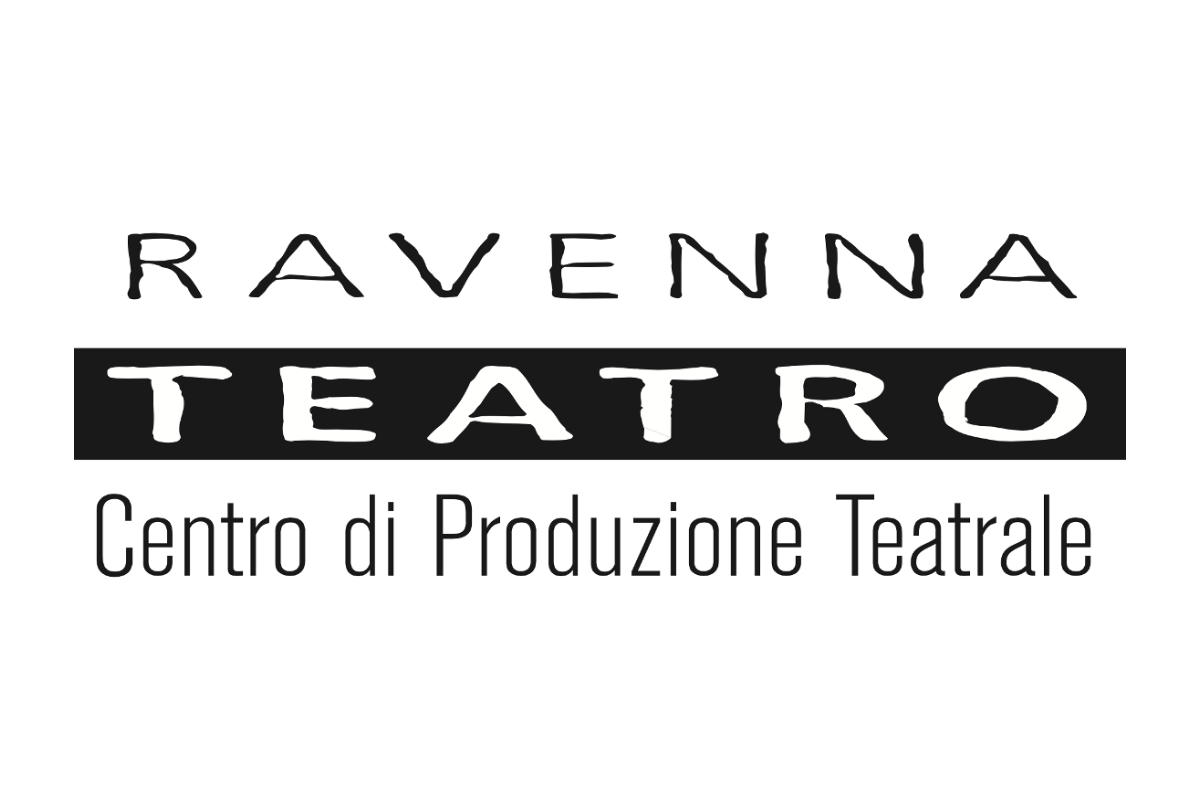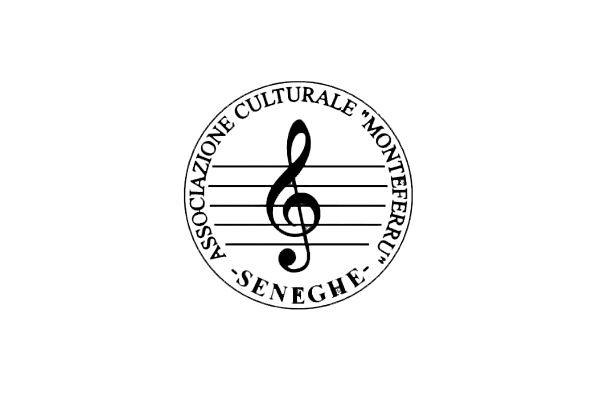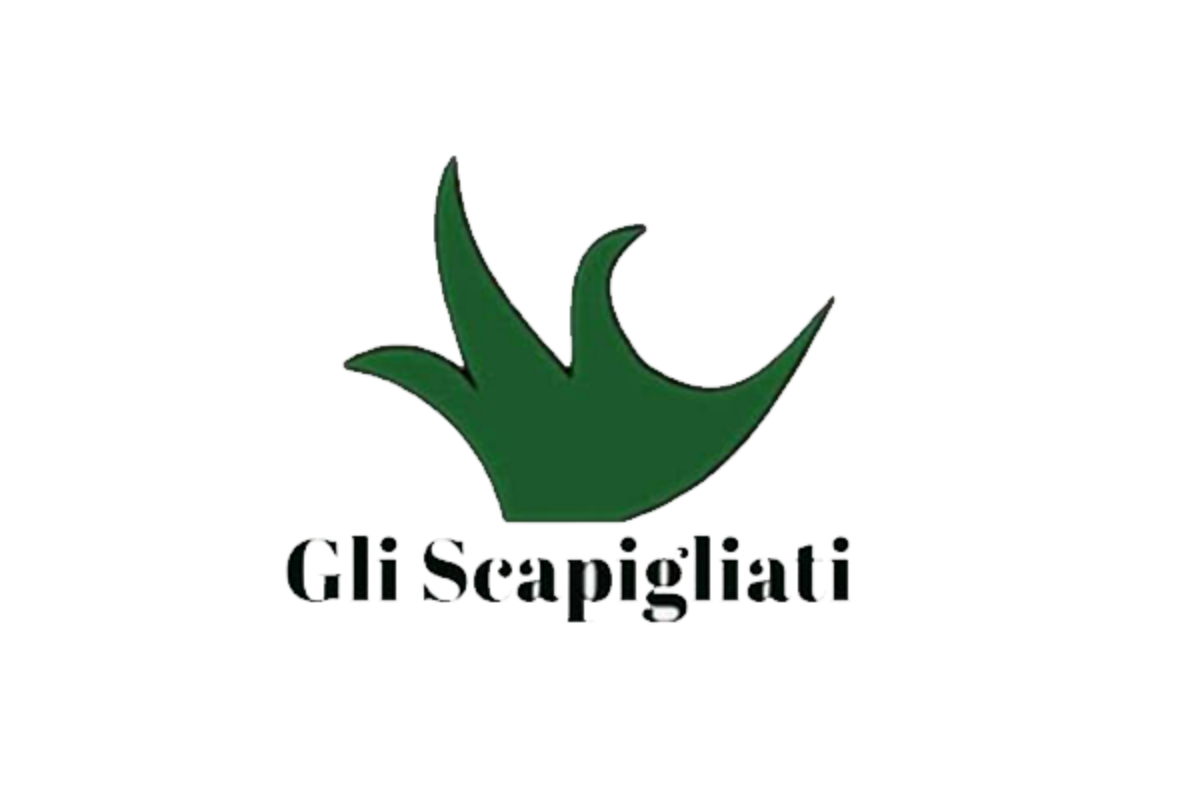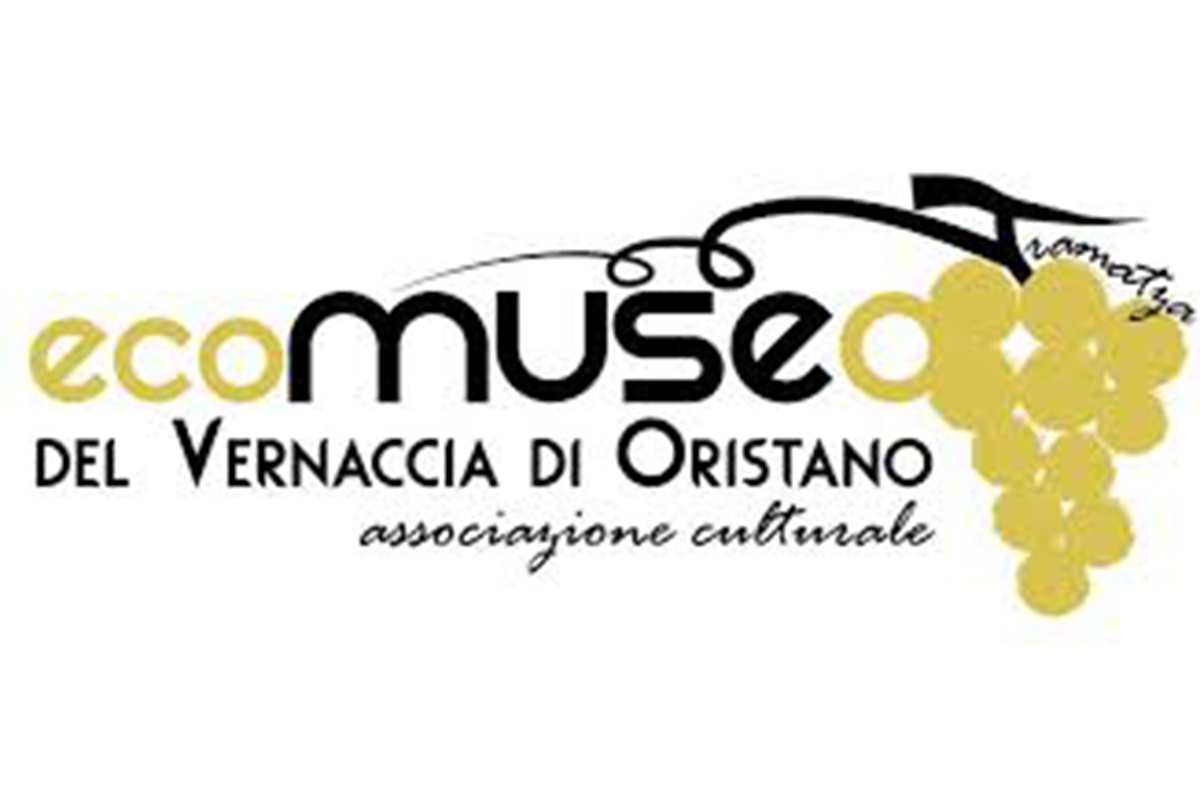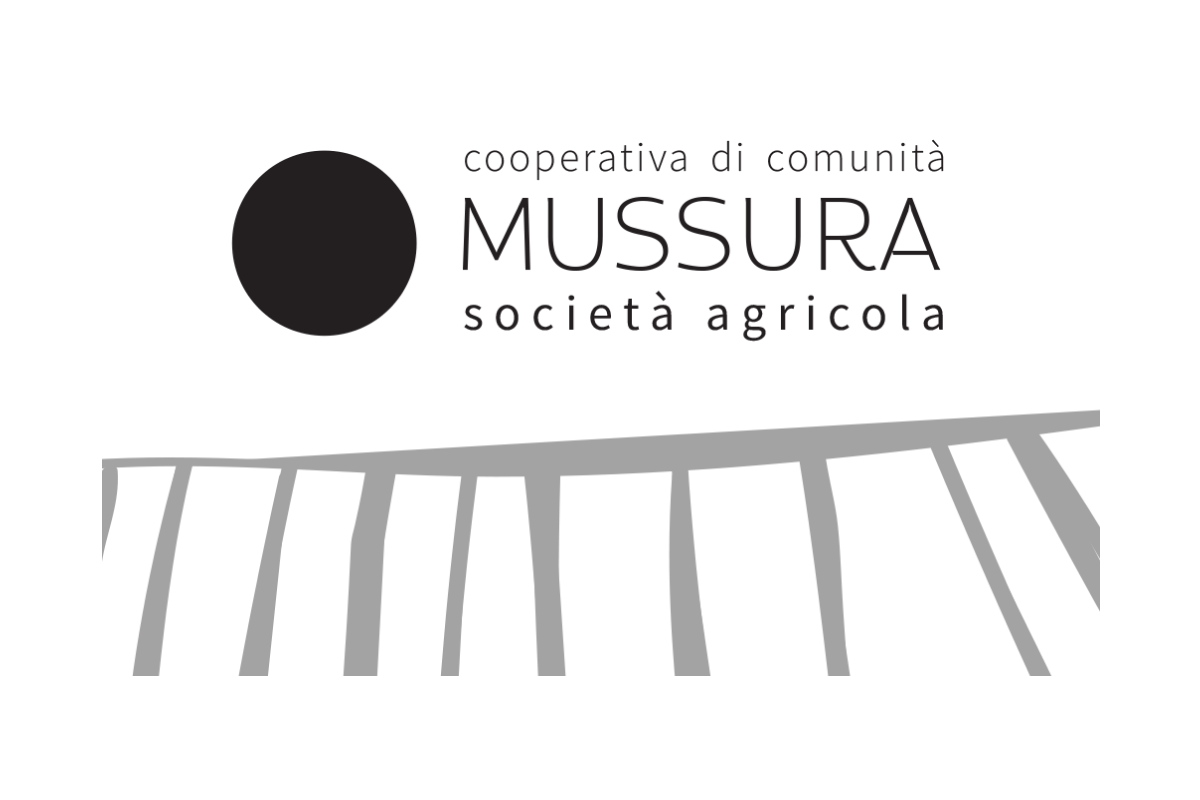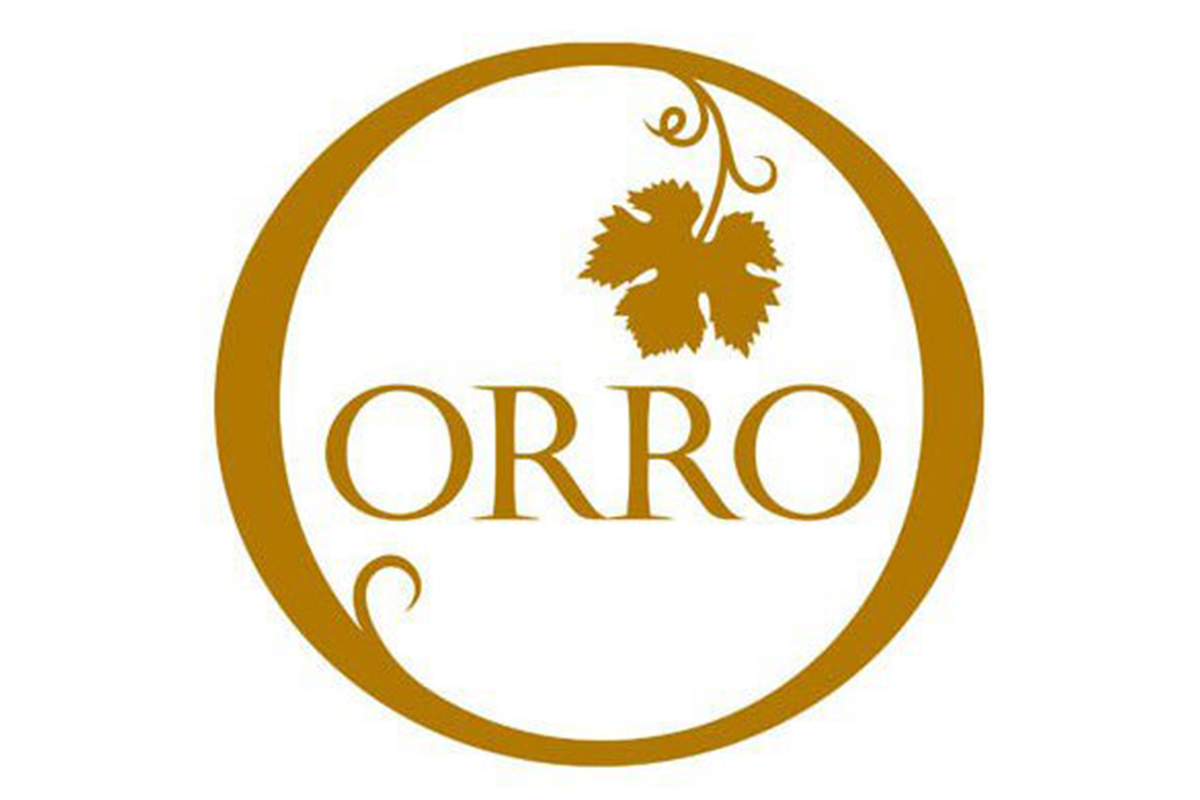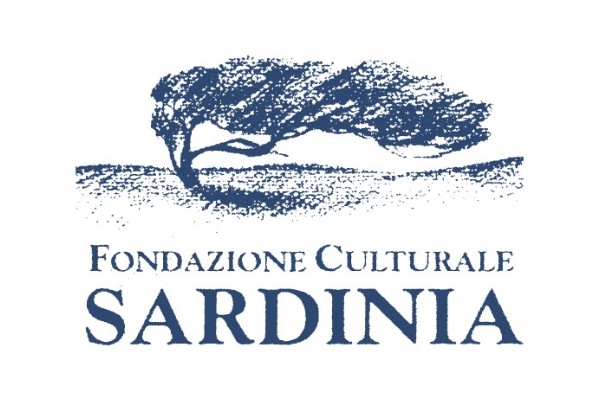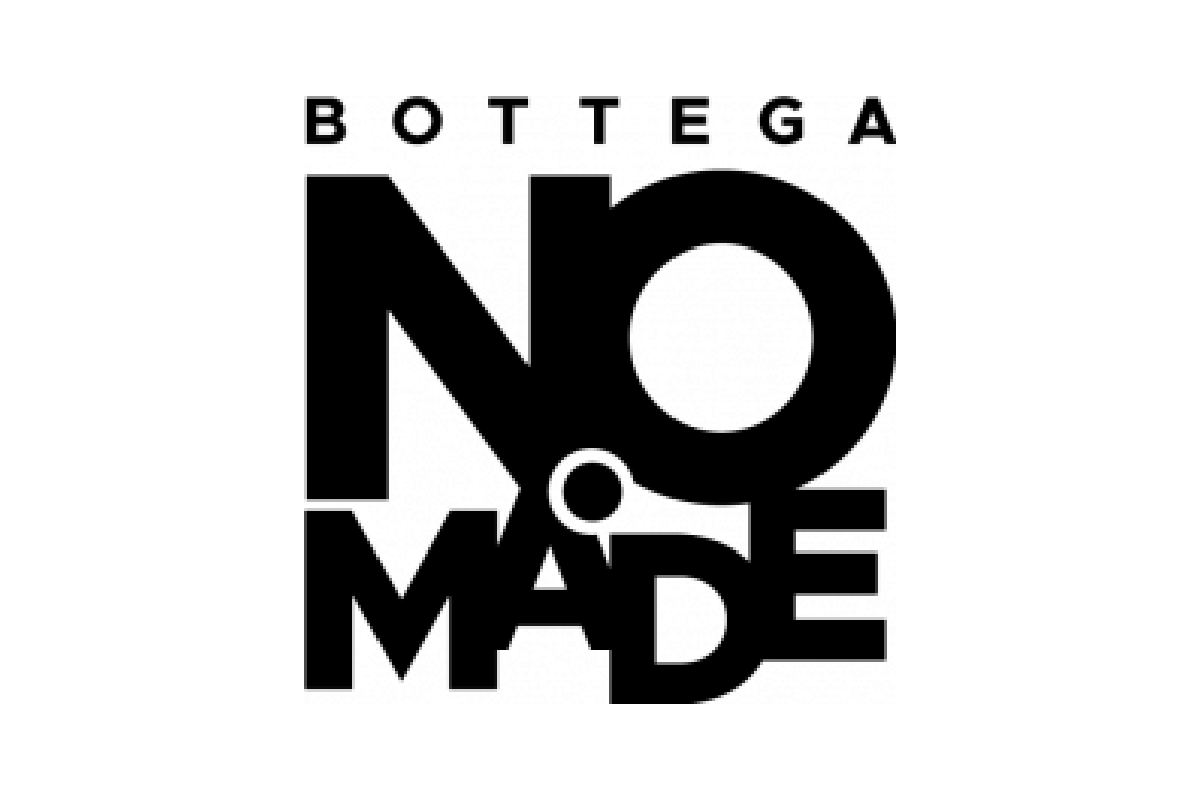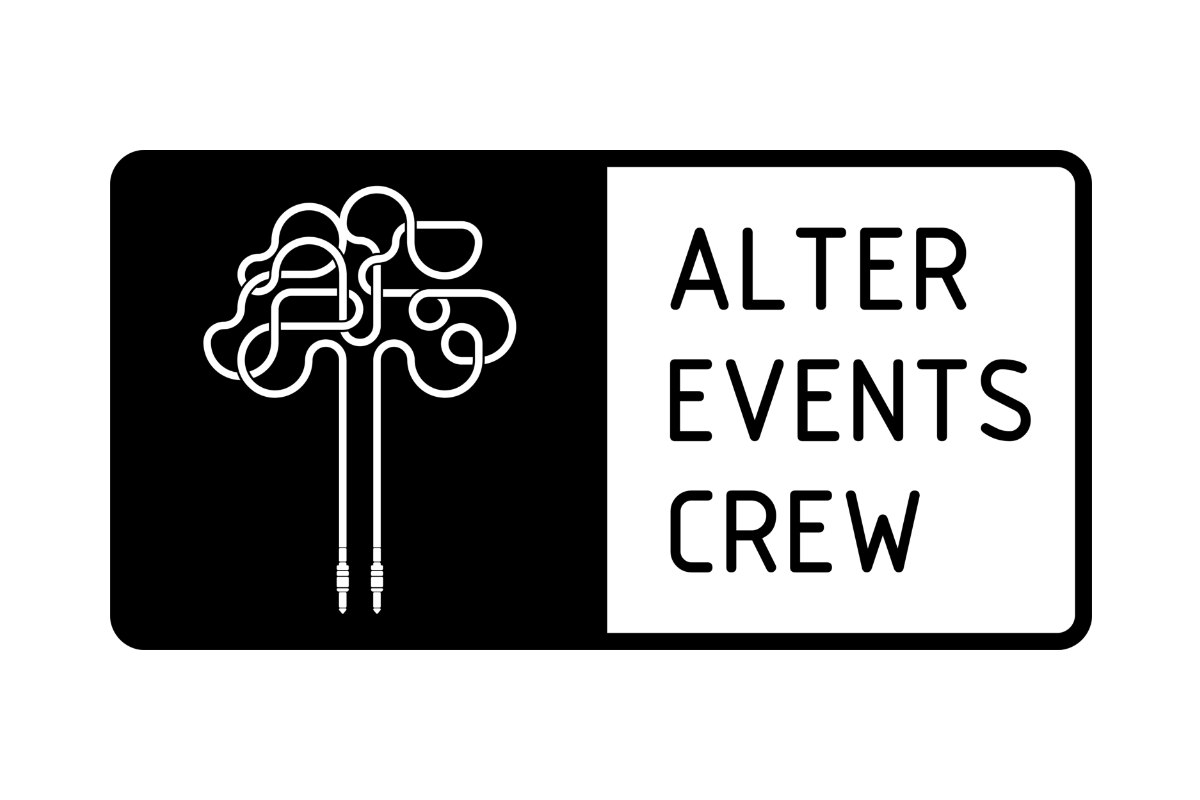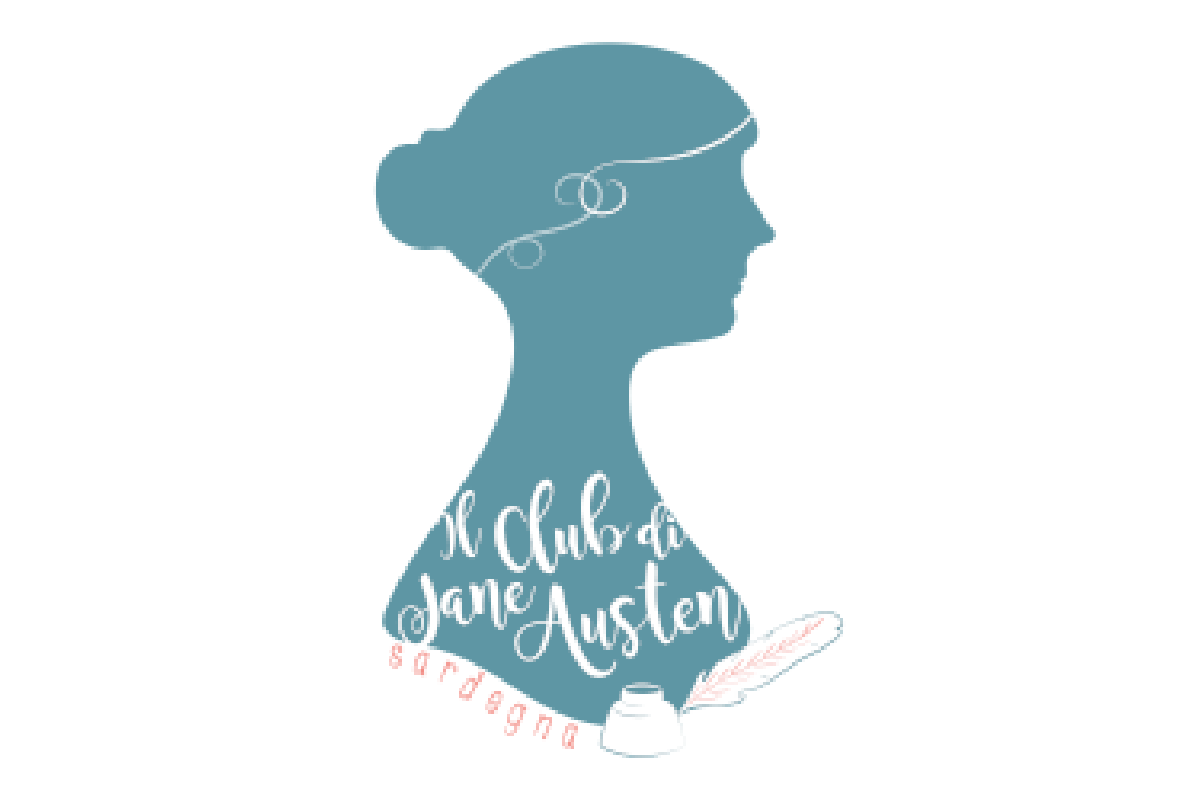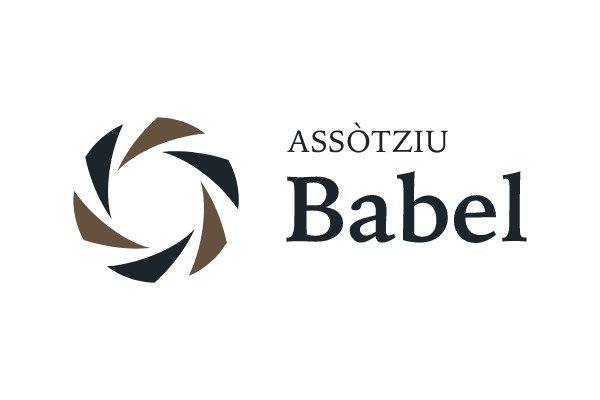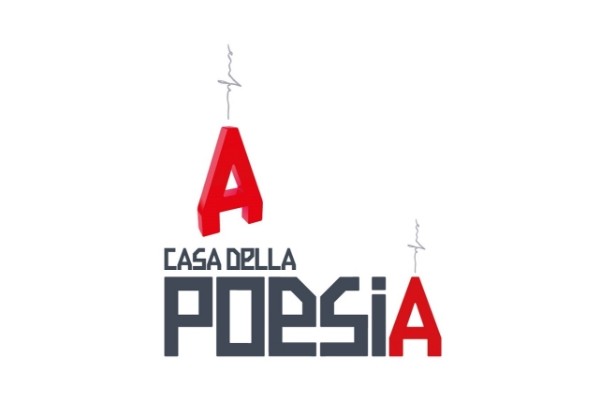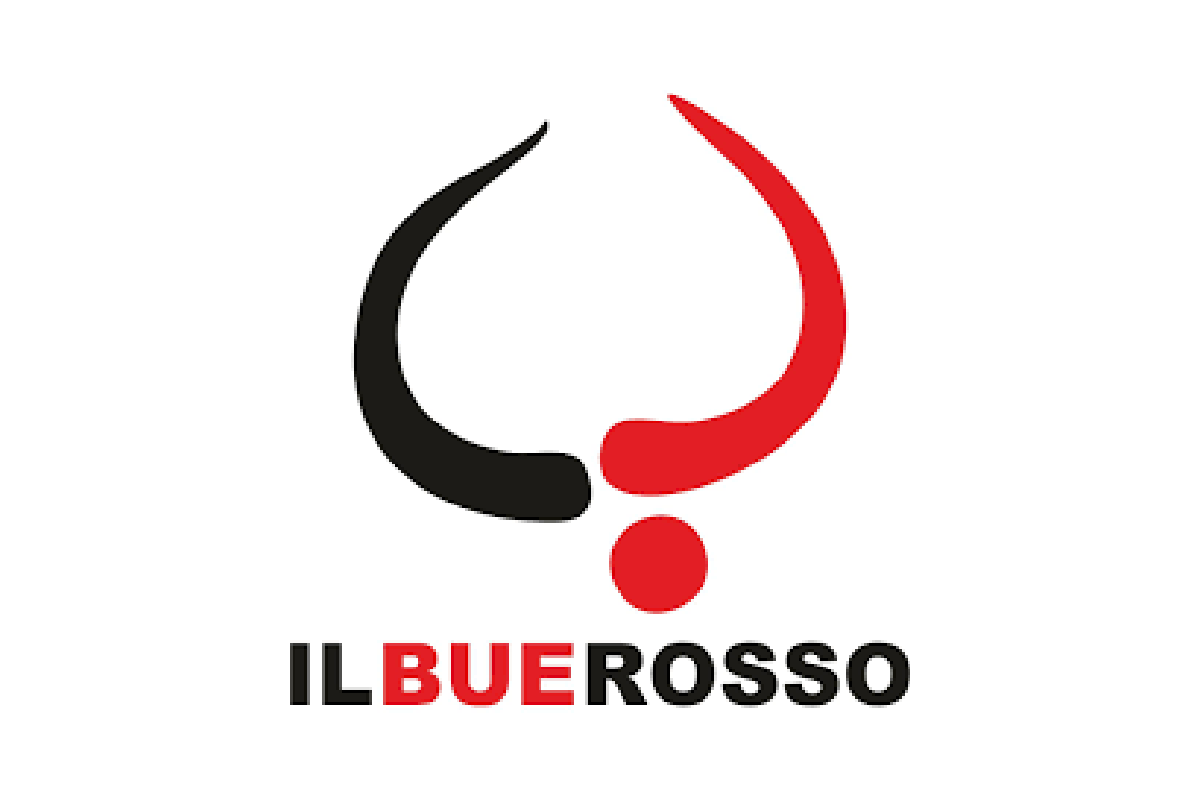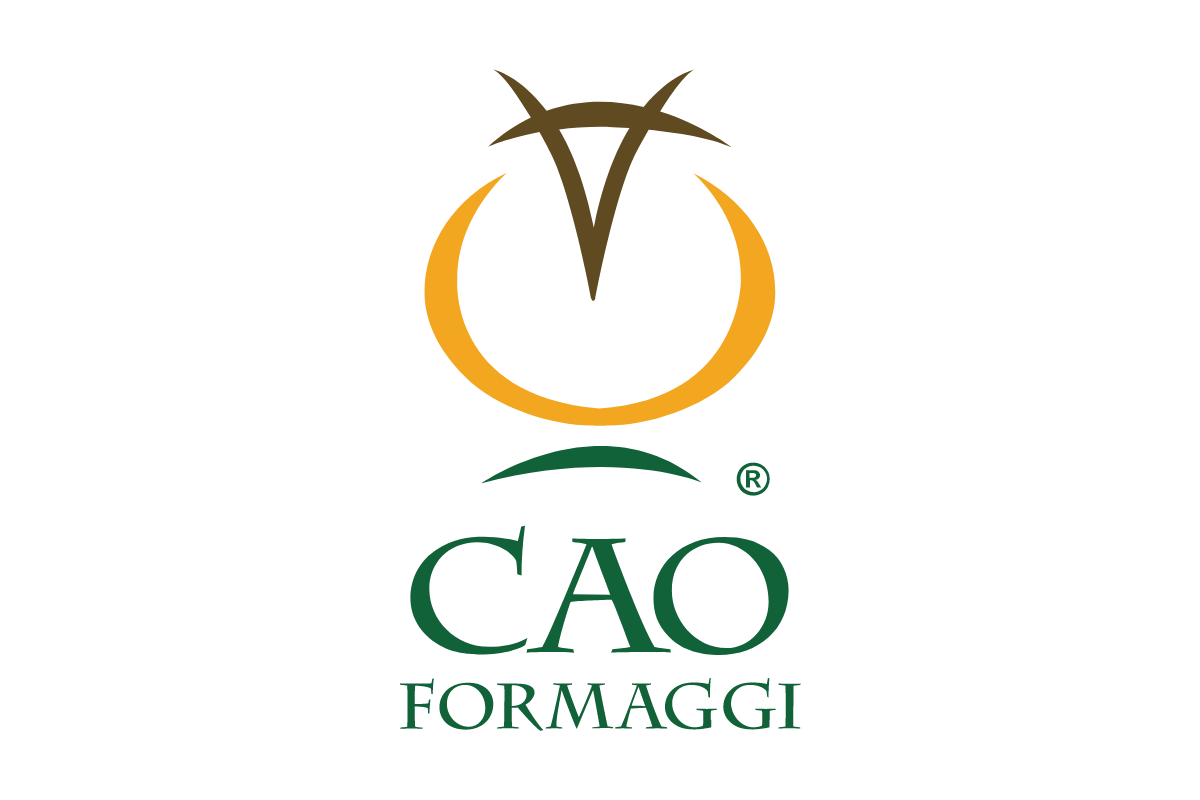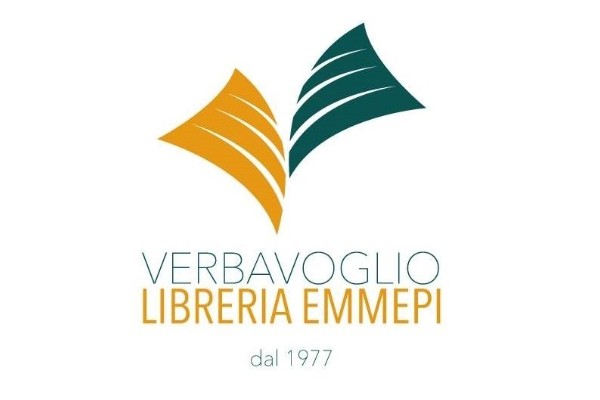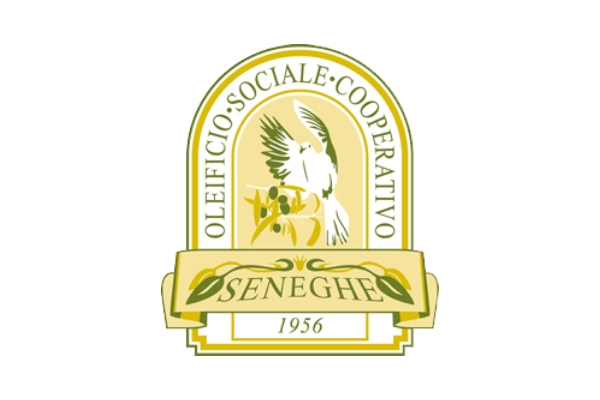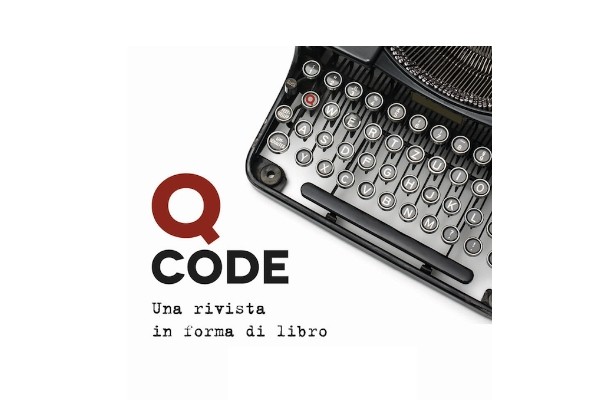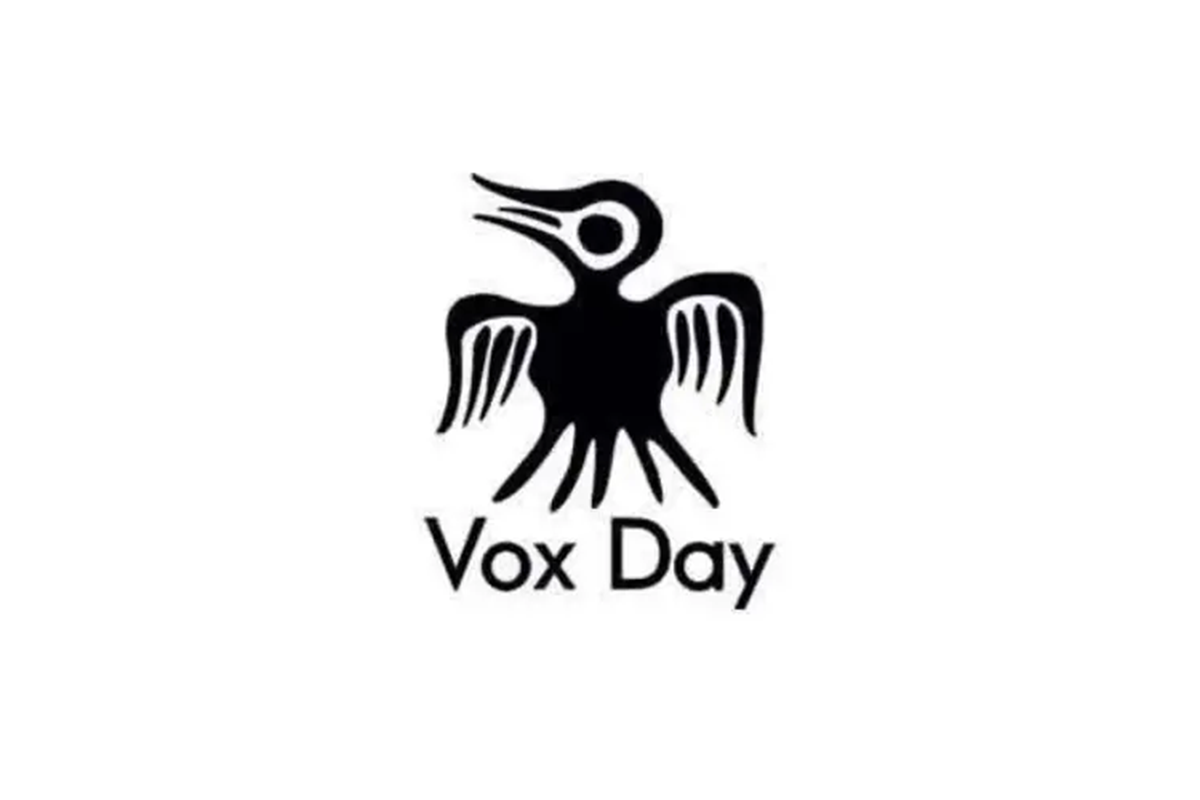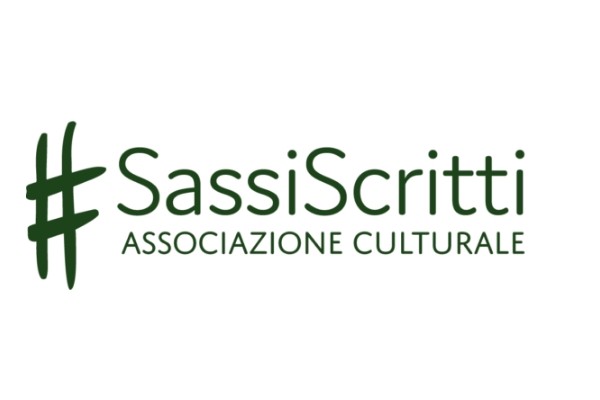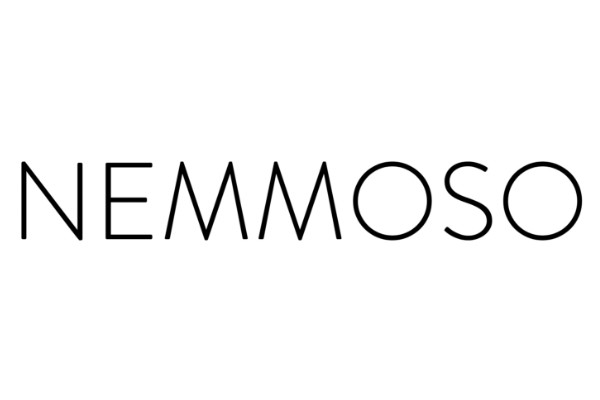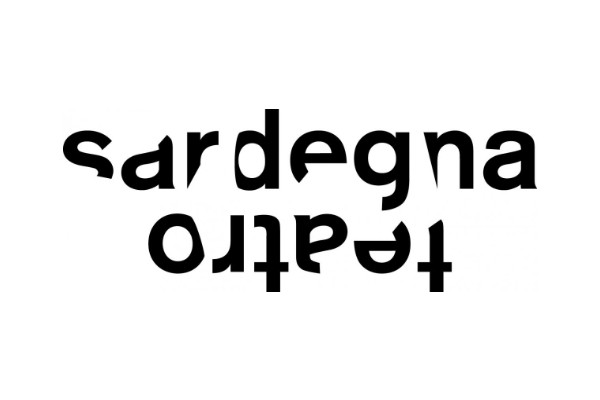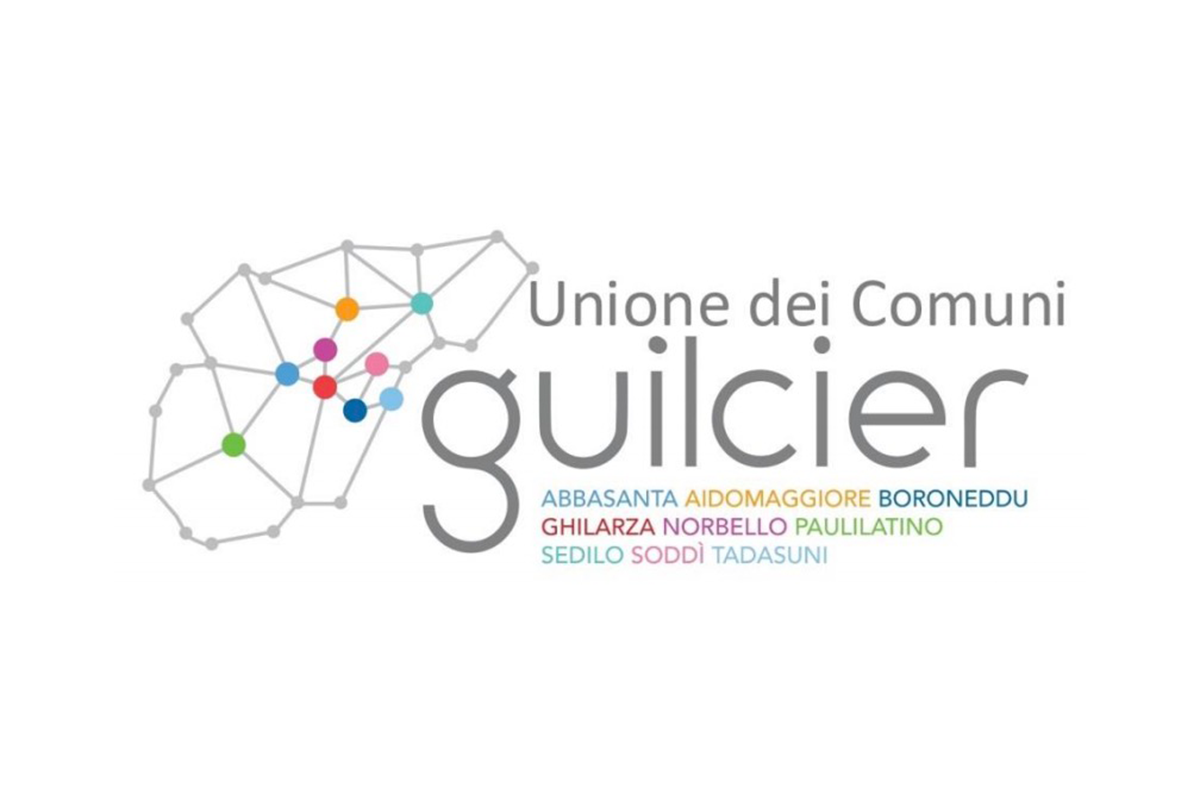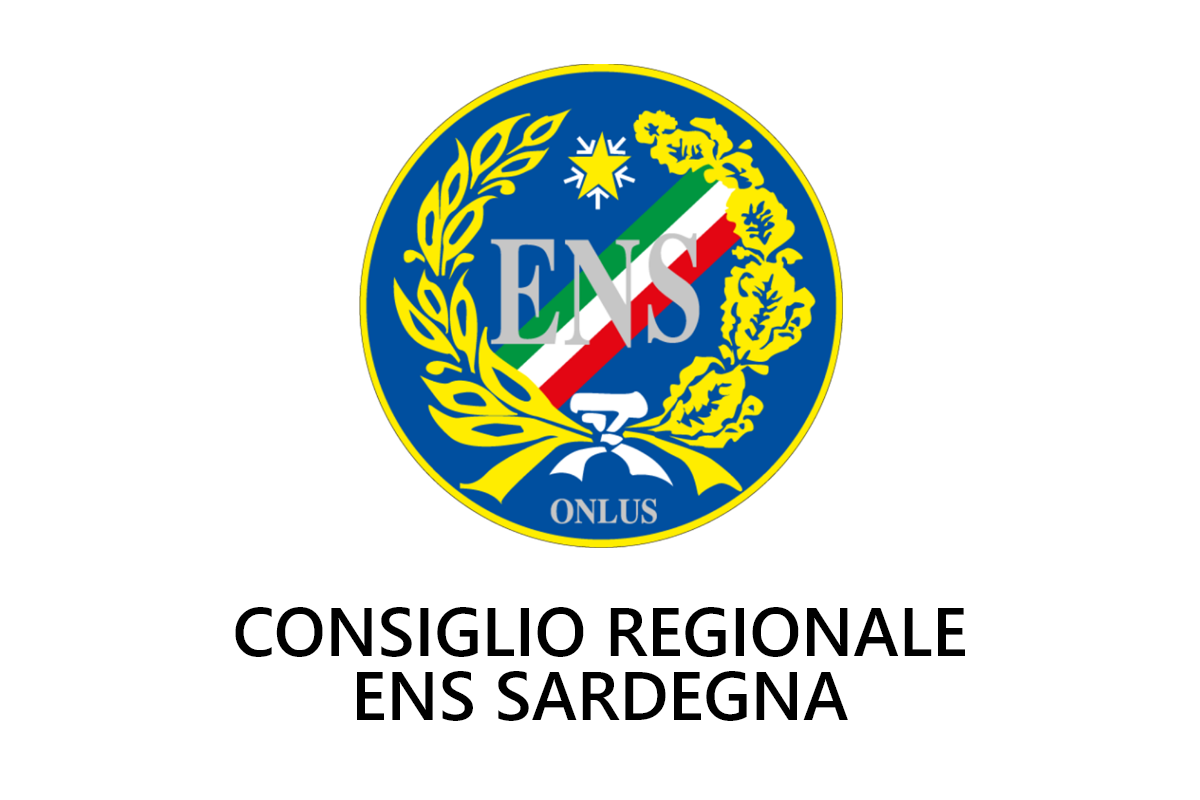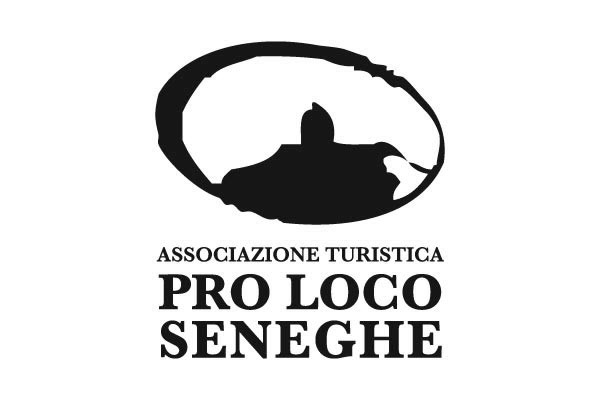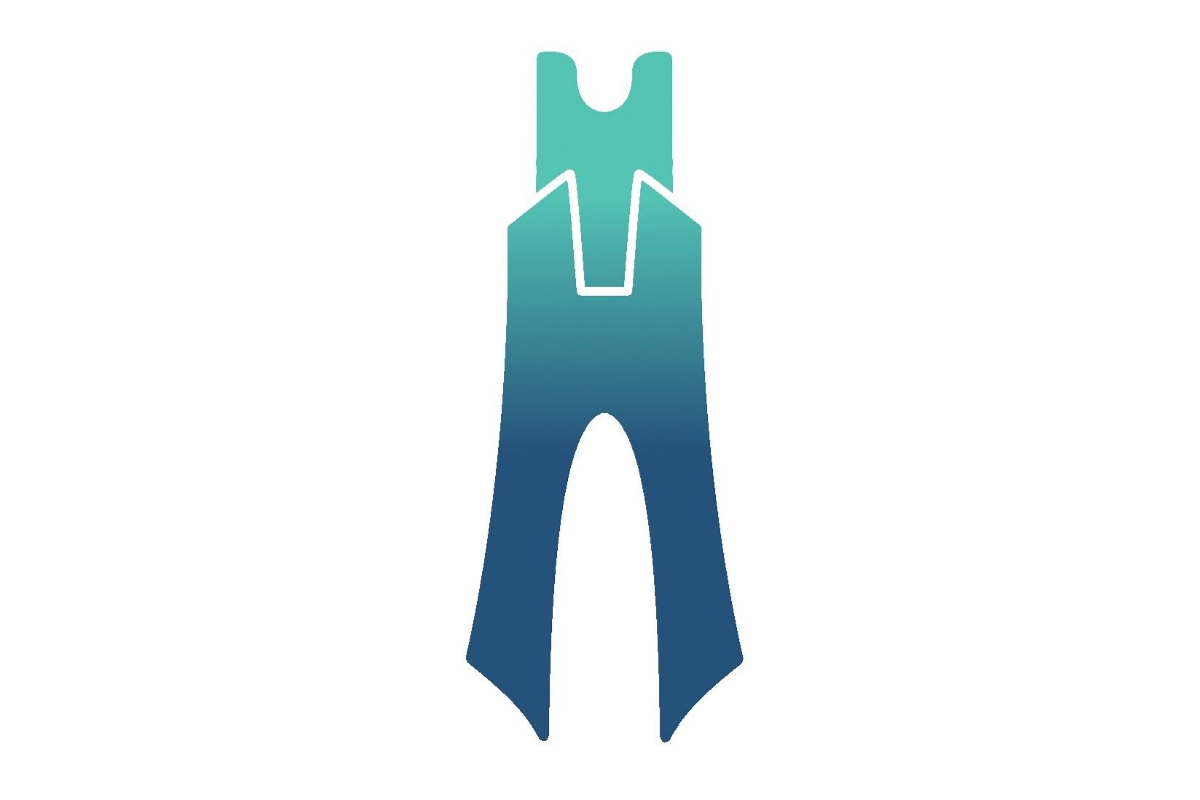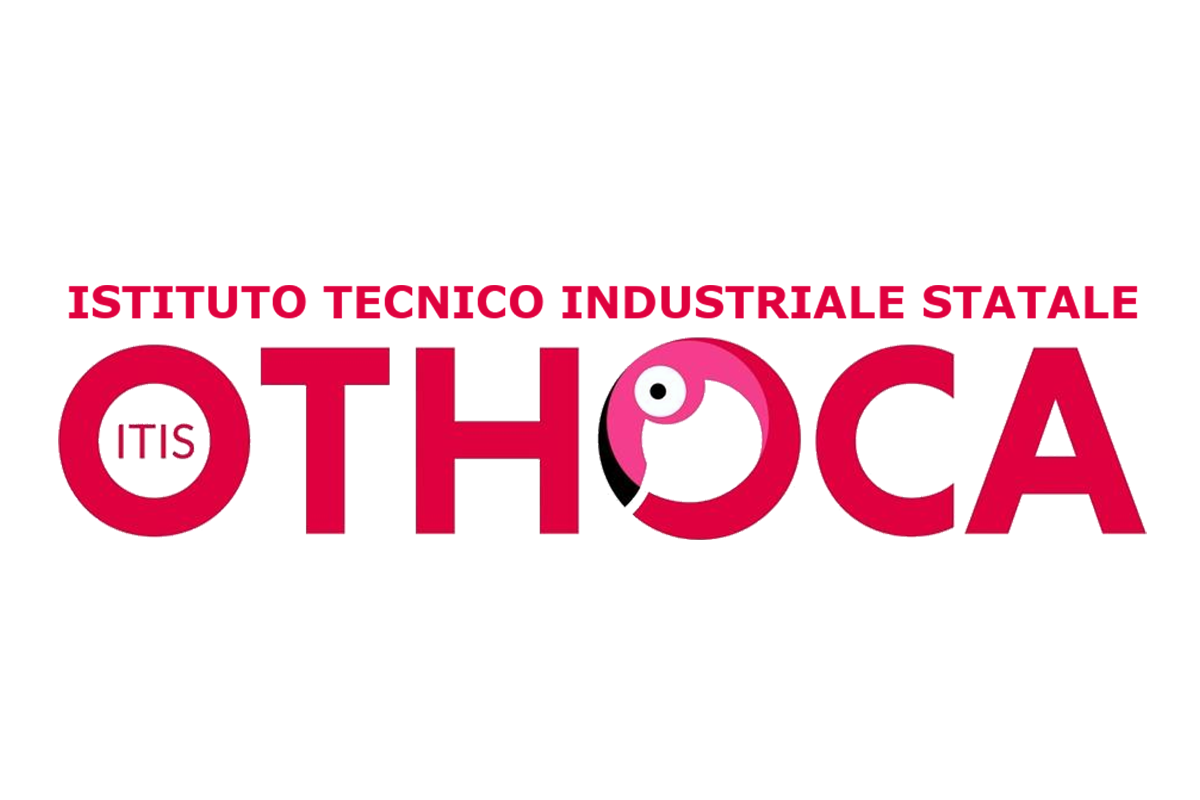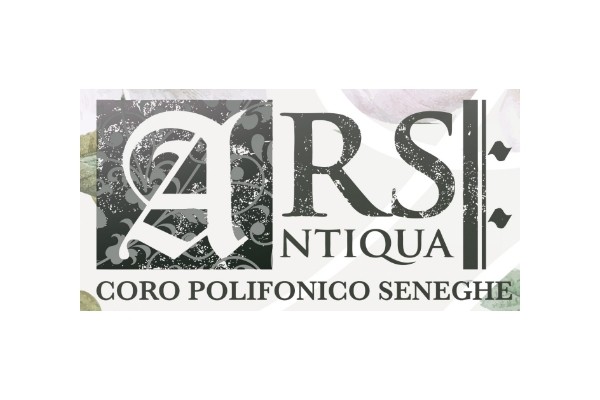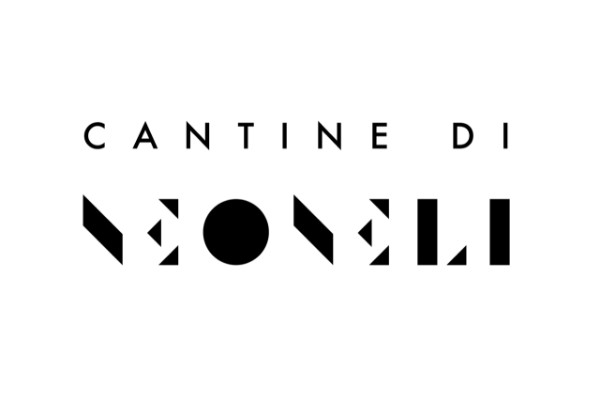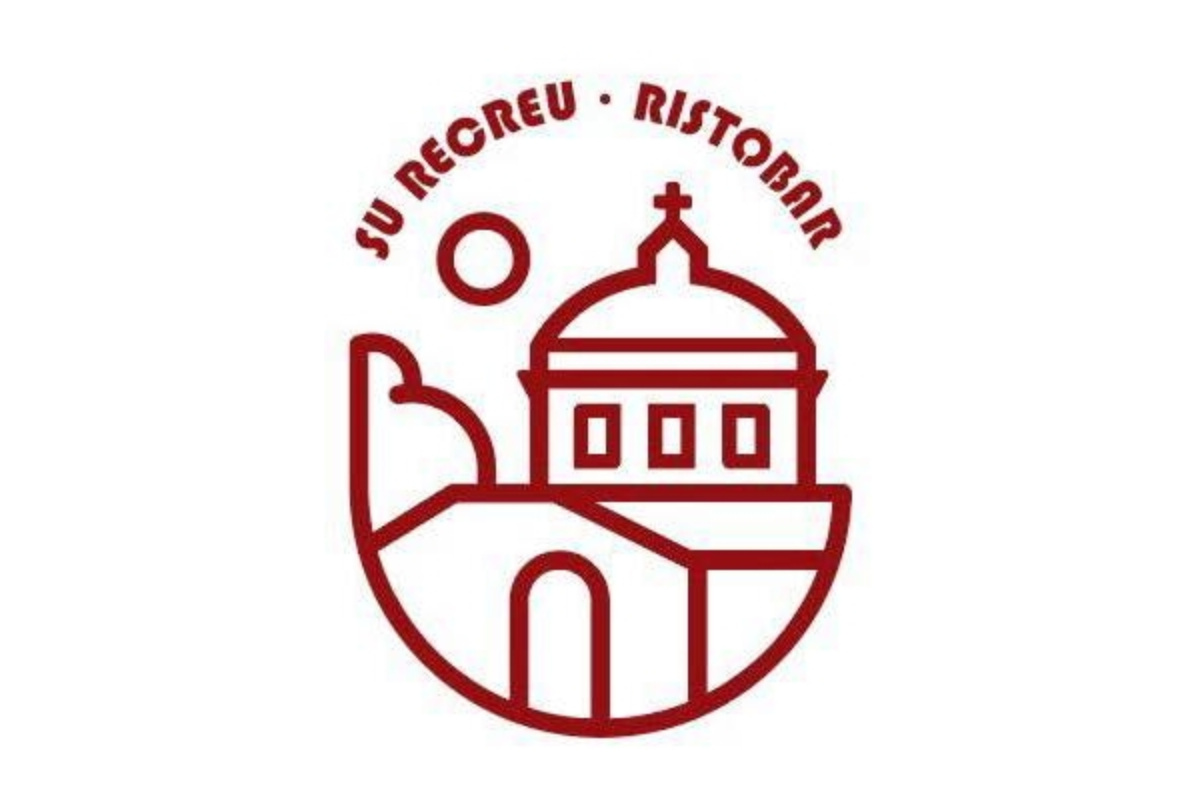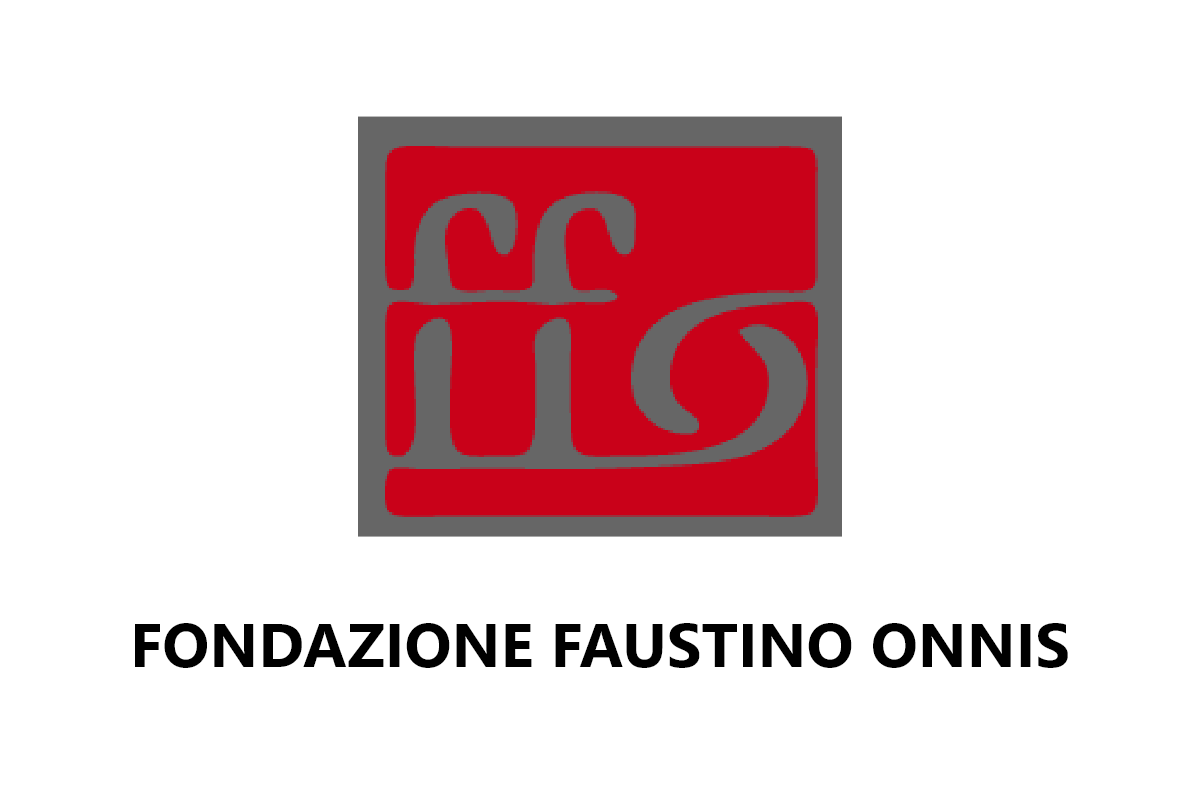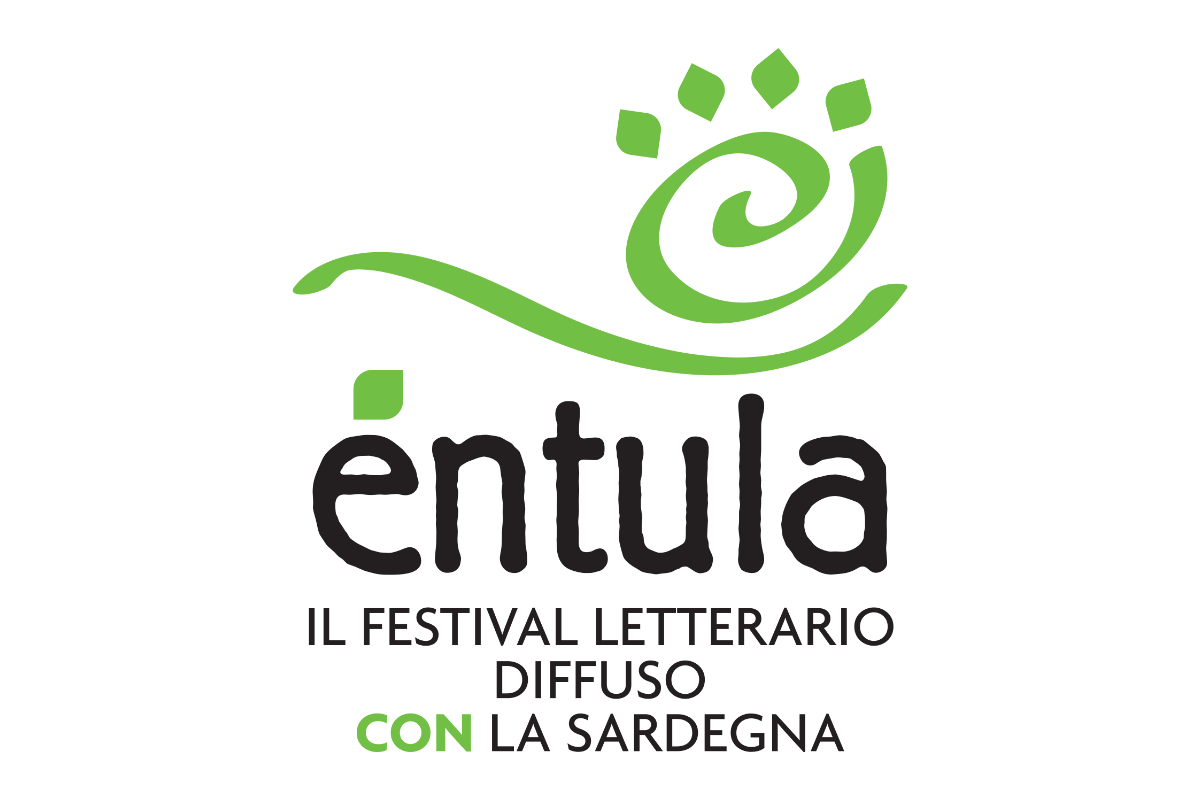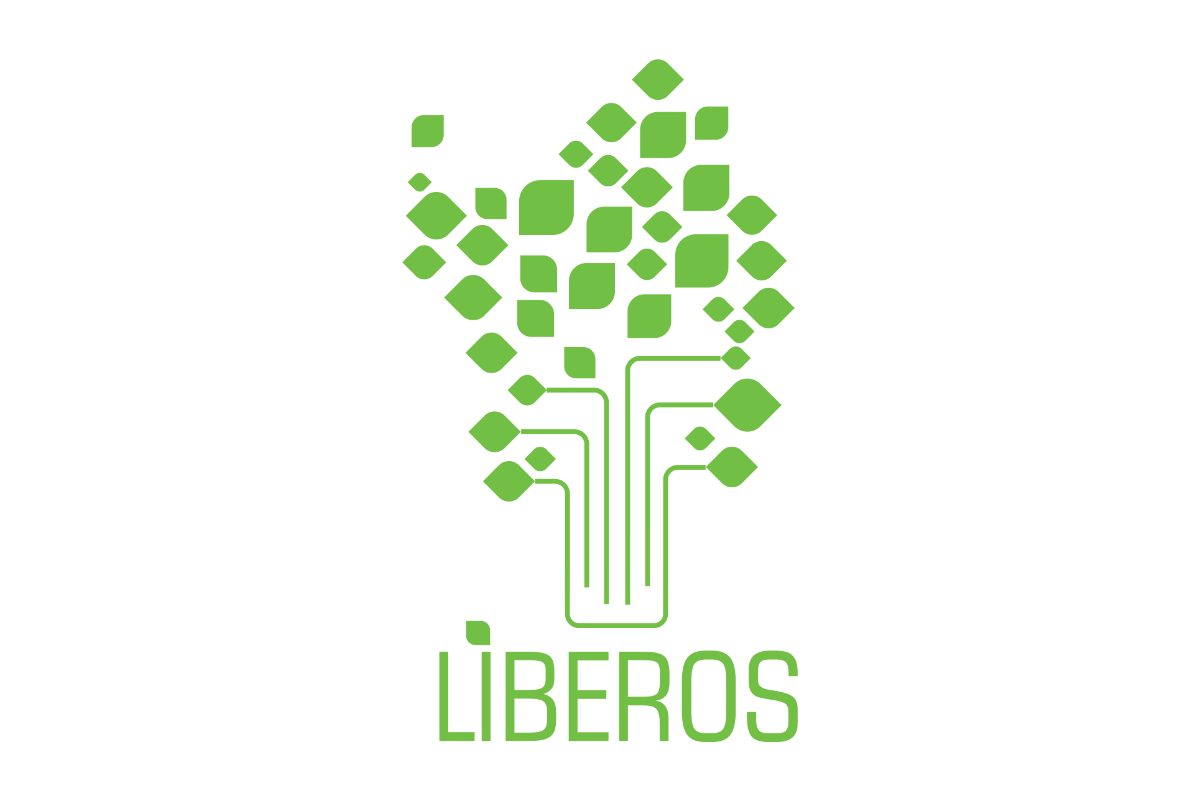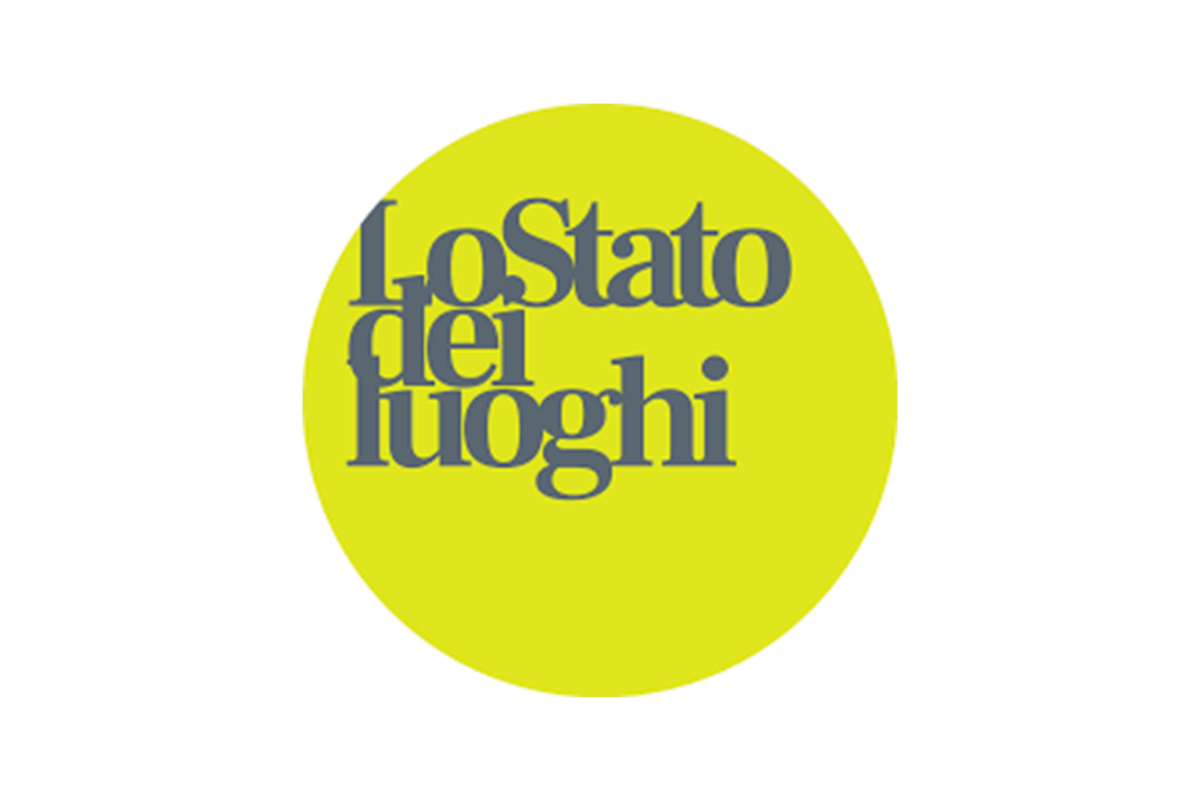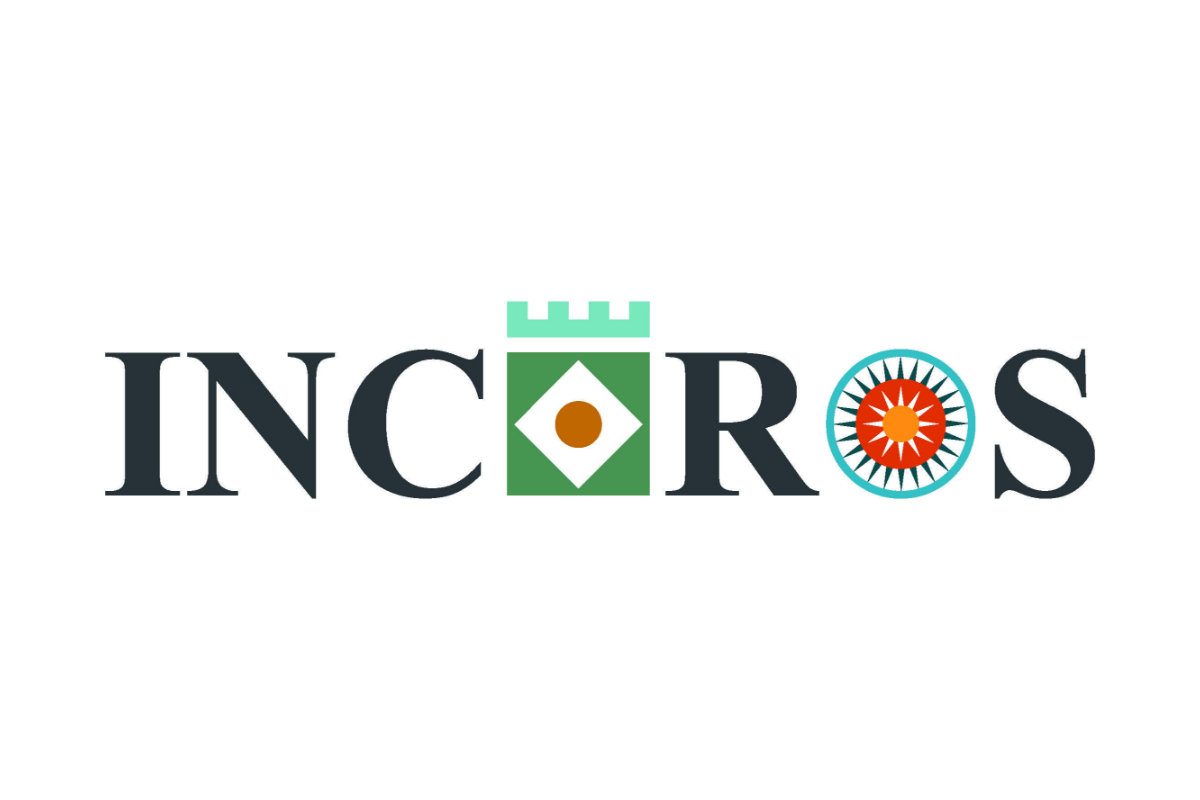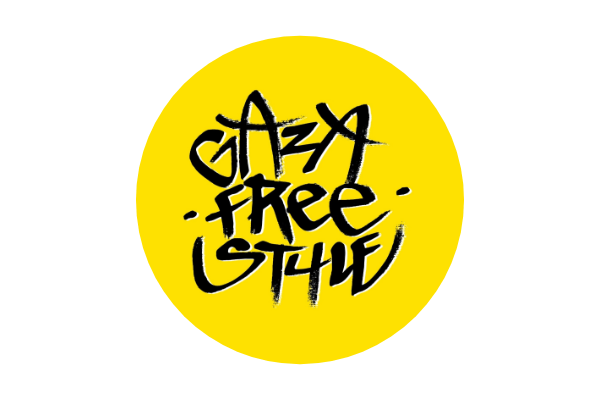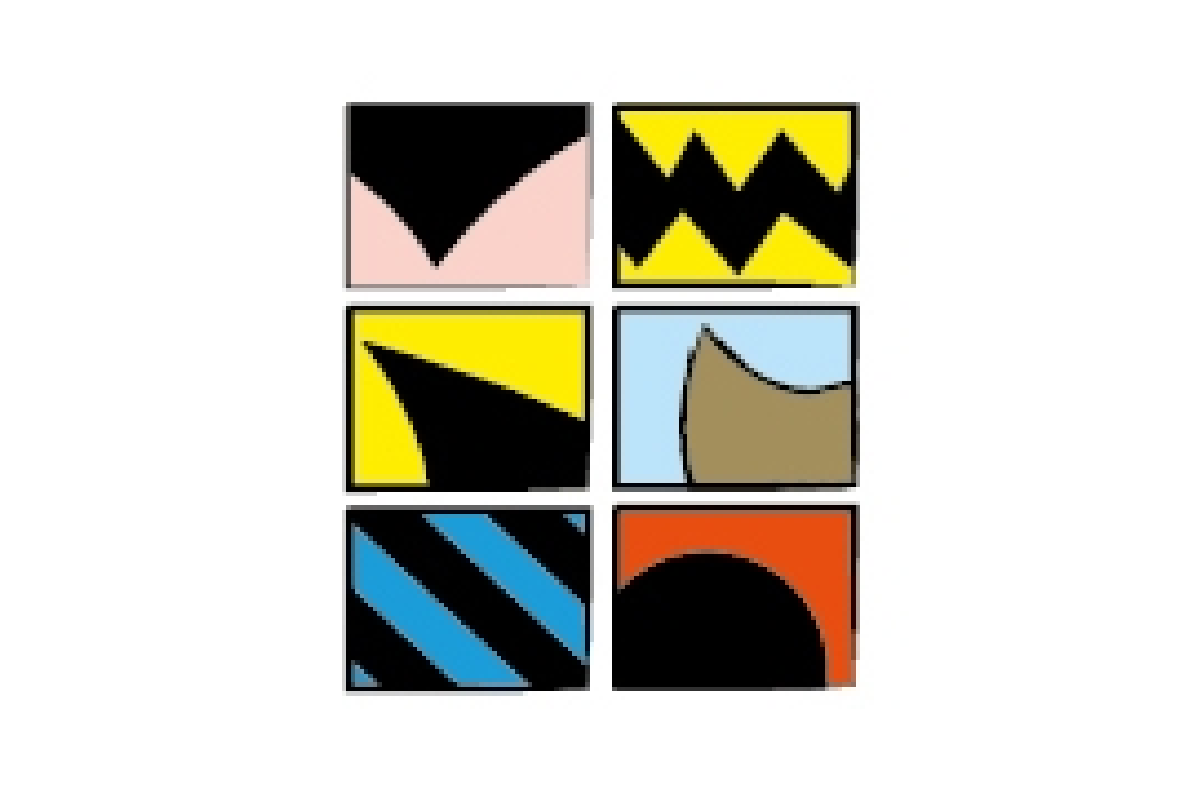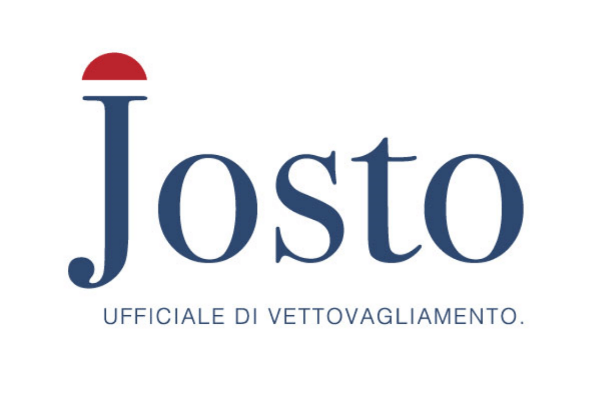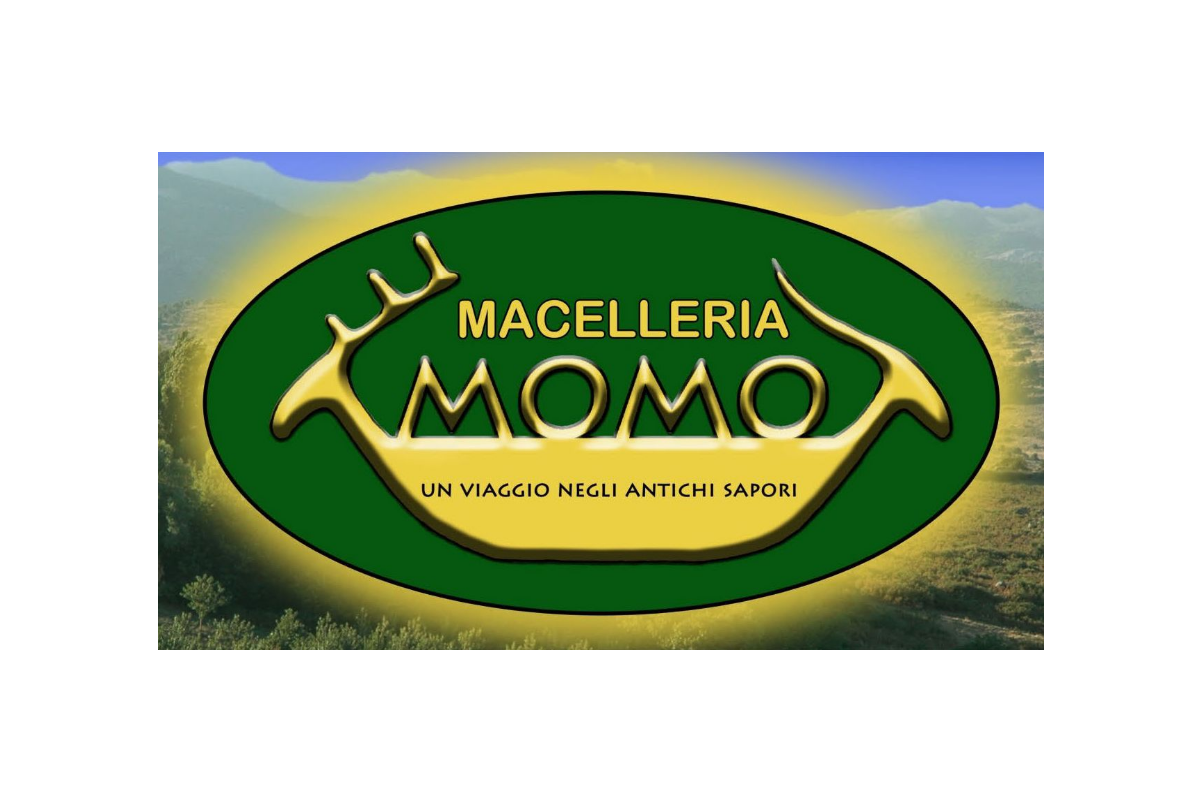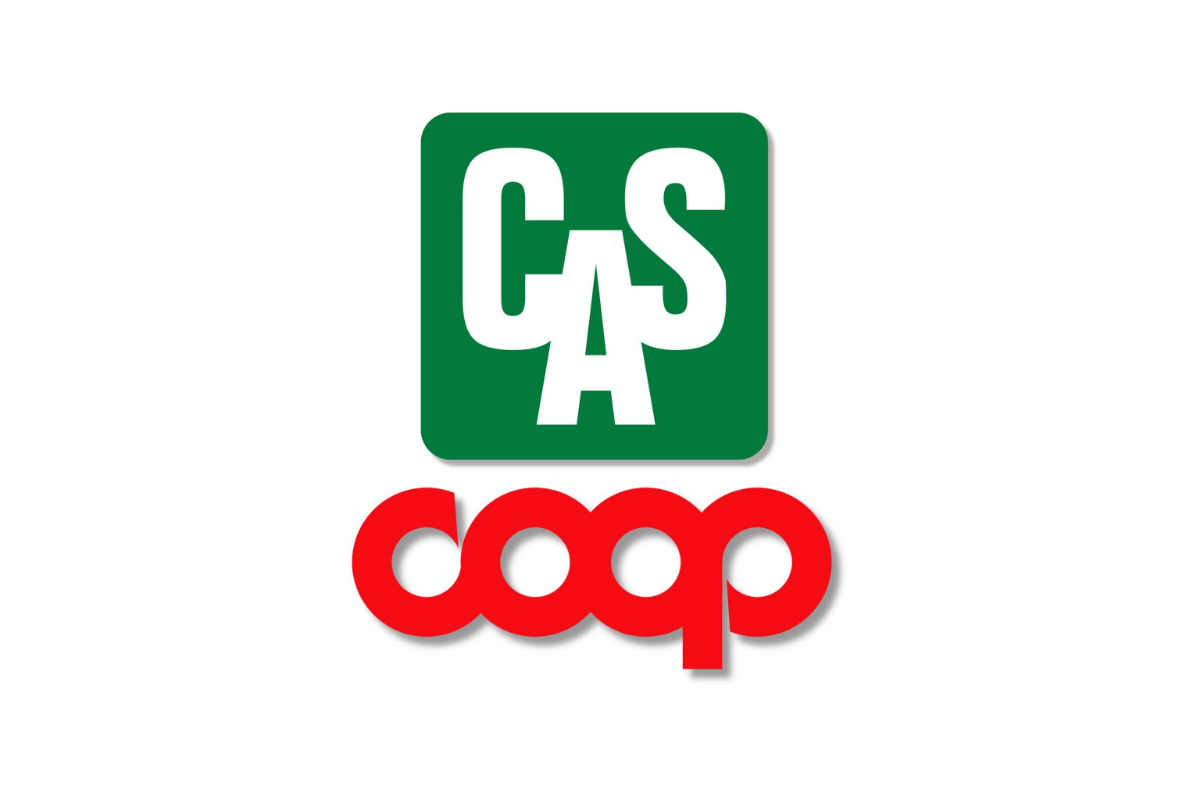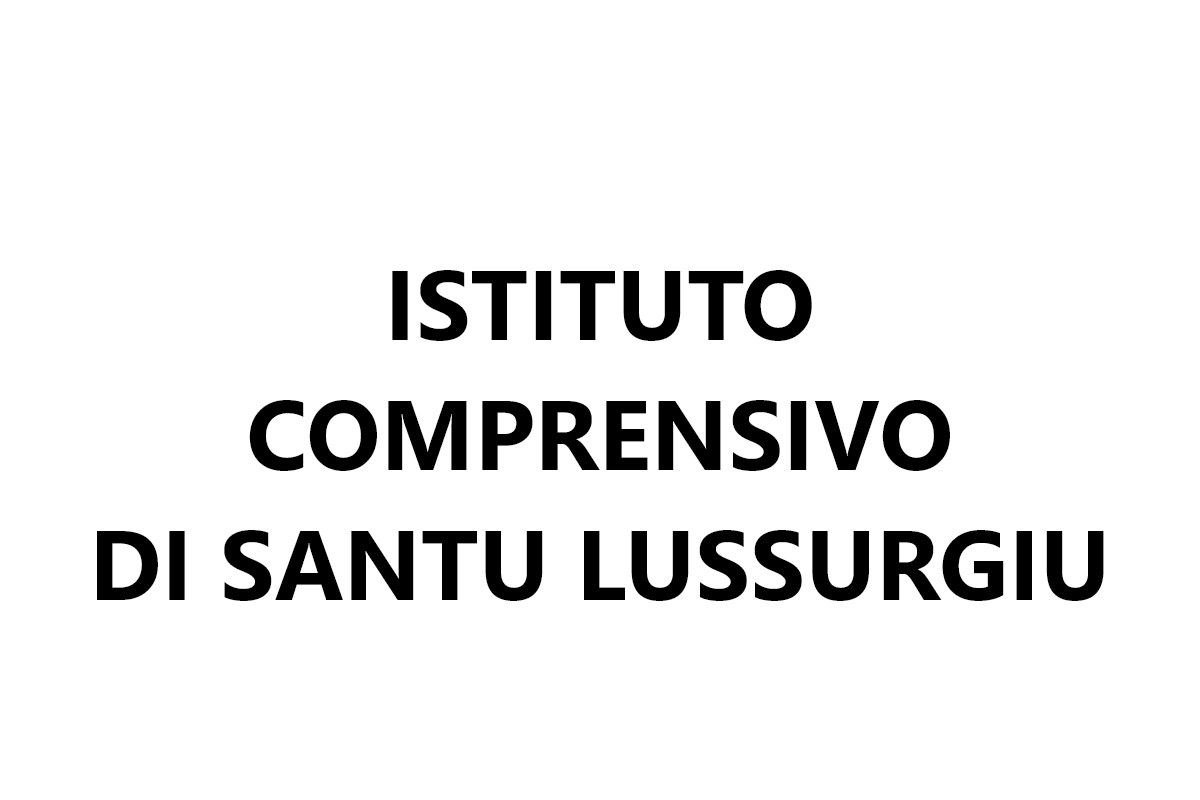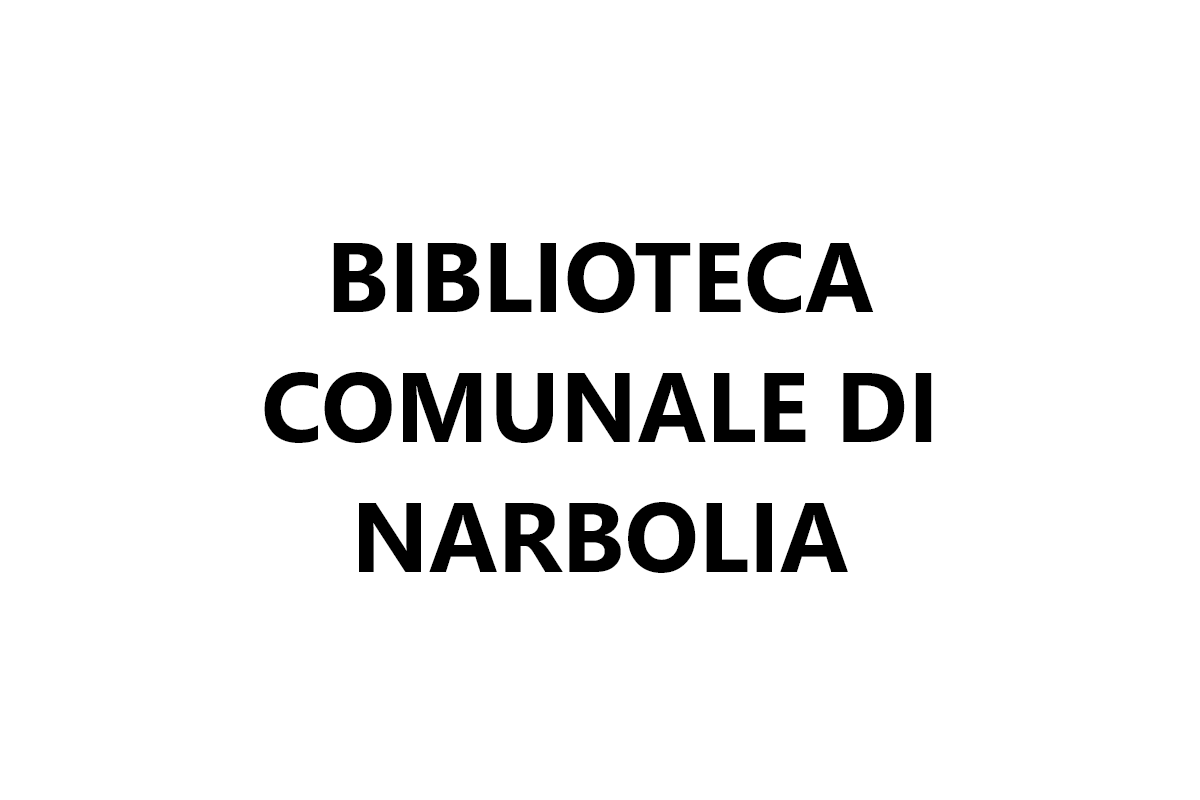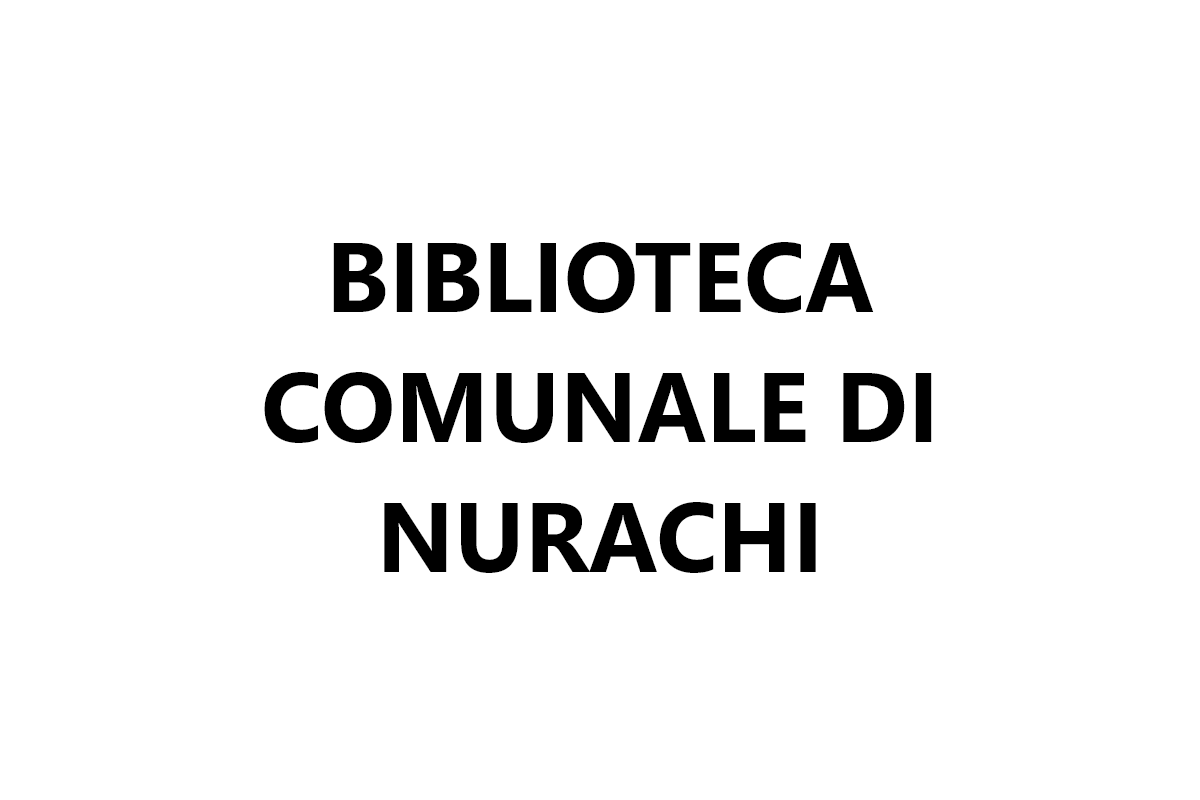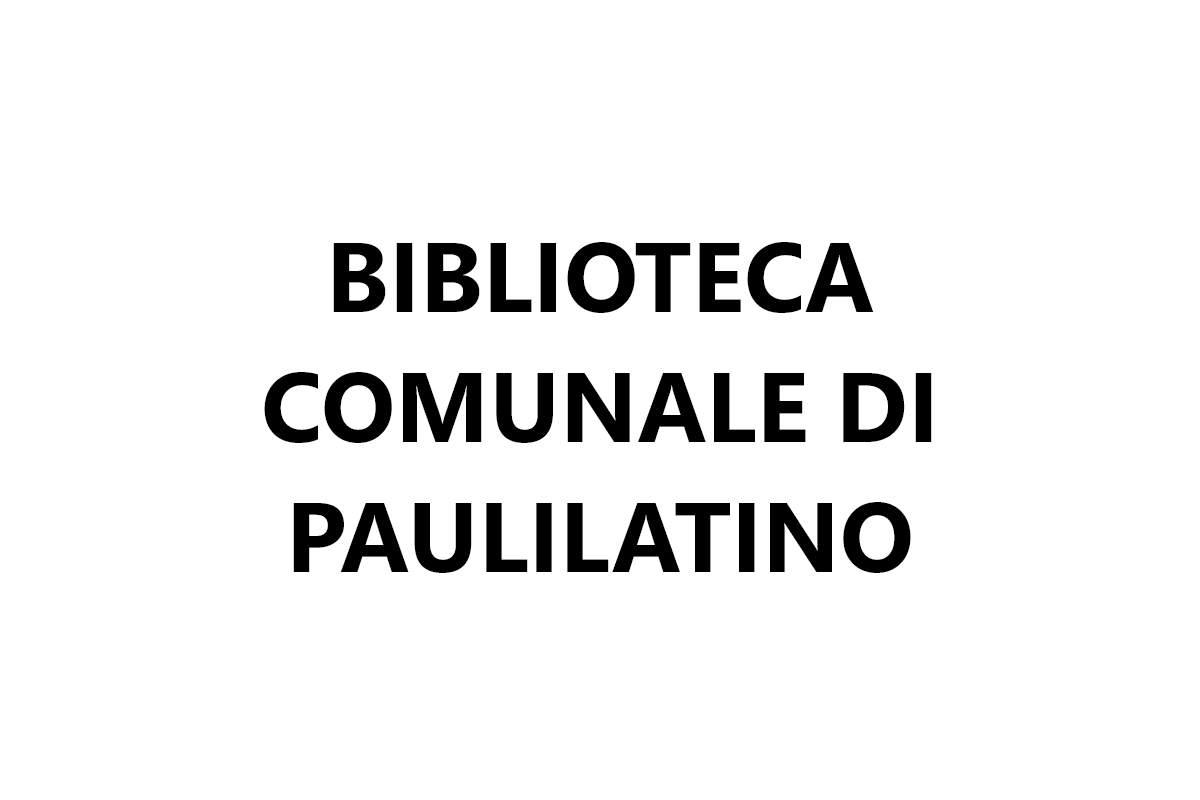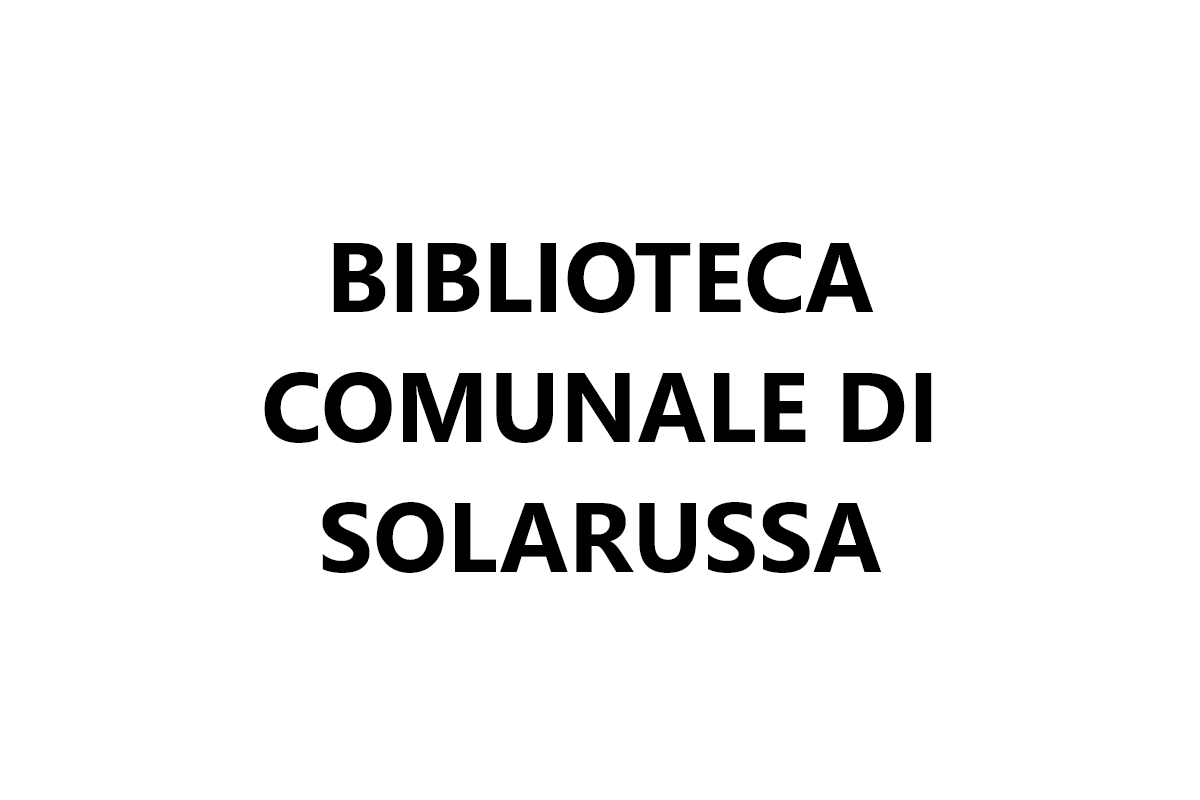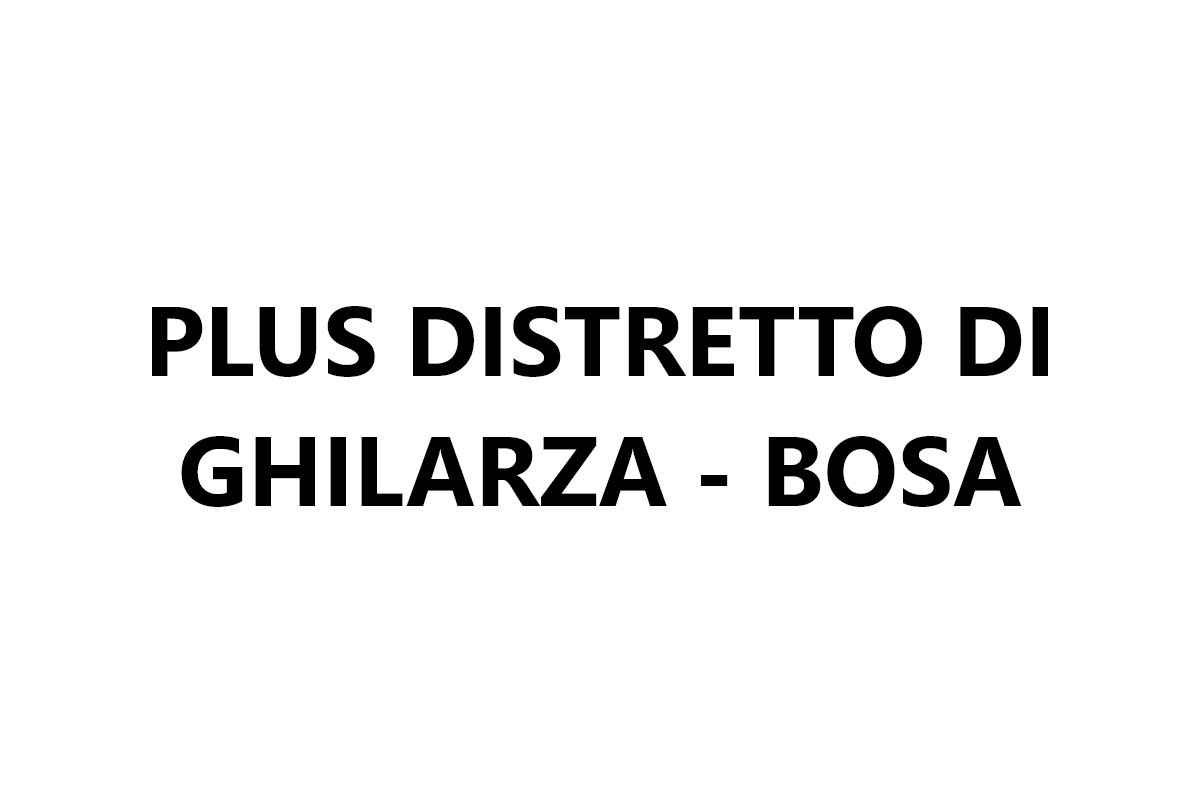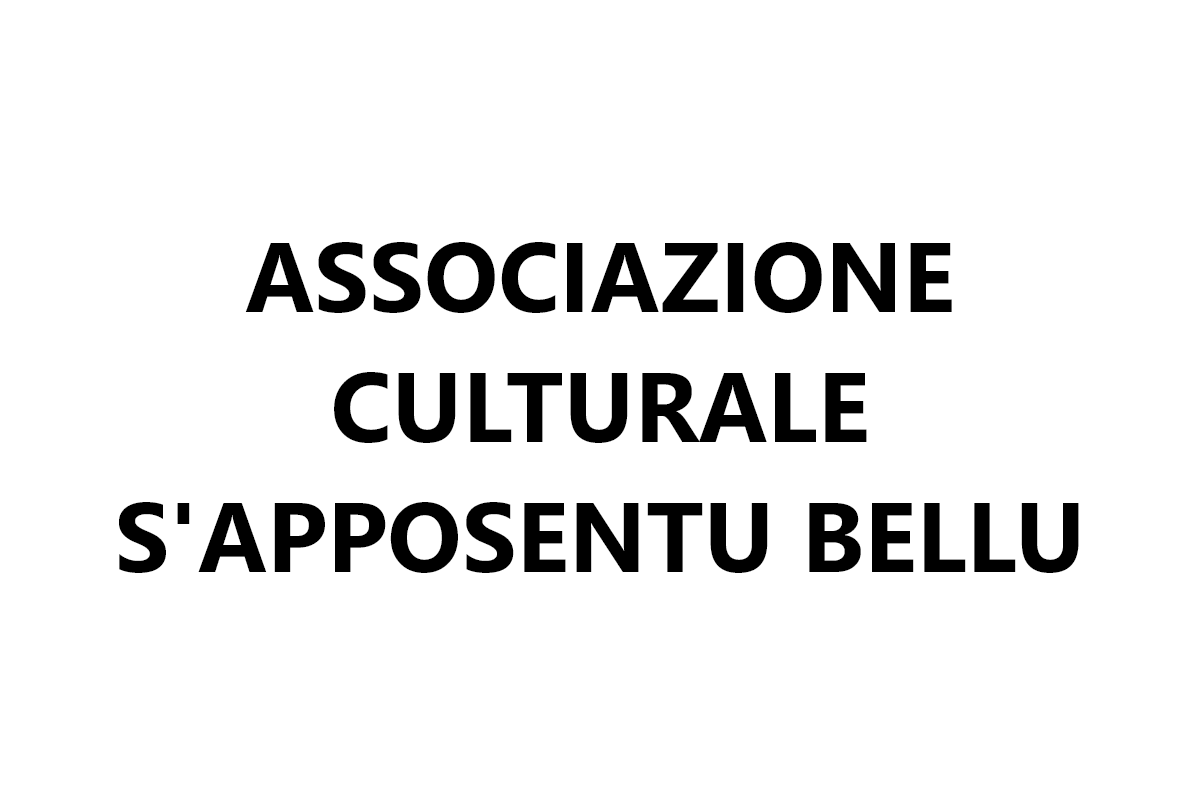Come nasce il Cabudanne de sos Poetas
1 Maggio 2024
In tanti ci chiedete come si costruisce il Cabudanne de sos Poetas, in che modo definiamo il programma e – alcune volte – anche quale sia la sua sostenibilità economica. E oggi, mentre manca poco più di una settimana al primo appuntamento dell’anteprima, ci siamo presi un po’ di tempo per raccontarvelo.
Pierre Bourdieu diceva che la sociologia è uno “sport da combattimento”. Un sapere complesso che fa a pugni con una quotidianità sempre più complessa, con le istituzioni e con i cambiamenti repentini delle società. Il Cabudanne – e questo vale anche per tanti altri festival – è oggi un vero e proprio “sport da combattimento”, ed ecco come lo pratichiamo noi.
A fine settembre, messi in ordine i conti, già iniziamo a programmare la scaletta per l’anno successivo. Vale la pena iniziare dicendo cosa non facciamo: non apriamo chiamate ai poeti e alle poetesse; non accettiamo pressioni dalle agenzie o dalla politica; raramente accogliamo auto inviti. Il nostro programma si costruisce a partire da quello che abbiamo letto durante l’ultimo anno, dai contatti che abbiamo stretto nell’edizione precedente. A scanso di equivoci: spesso ci dispiace rifiutare una proposta, ma ancora più spesso ci fa piacere avere il tempo di leggere e ascoltare quell’autore o quell’autrice e poterlo o poterla ricontattare per l’anno successivo. Il nostro programma nasce così: dai dibattiti durante le assemblee, dall’attualità, dalle persone che conosciamo, da tutti quei fatti – piccoli e grandi – che accadono intorno a noi e che seguiamo sempre con grande curiosità.
Il festival è per noi è “slow”: costruito con cura e con tanto, tantissimo impegno. Ed è questa una delle eredità lasciateci da chi ci ha preceduto: il Cabudanne non ha mai voluto né vuole essere un festival della politica, ma un festival politico nel senso più alto del termine (e a chi continua a dire che dimentica la Sardegna, invitiamo a leggere il nostro programma!)
Ma passiamo al doloroso tema della sostenibilità.
I soldi son importanti. Fondamentali. Anzitutto perché crediamo nella dignità del lavoro dei nostri collaboratori e, ancora, perché i festival (vale sempre la pena ripeterlo) hanno dei costi altissimi.
Premessa: nessuno di noi vive o lavora nel mondo dei festival o degli eventi culturali. Siamo mamme e papà a tempo pieno, camerieri, baristi, gastronomi, ingegneri, studenti; siamo tutto ma non specialisti o impresari culturali. Realizziamo il festival mossi dalla passione, dall’affetto per Seneghe, e il Cabudanne non è il nostro lavoro benché alcuni pensino il contrario. Attenzione: non ci sarebbe nulla di male, la cultura è un motore economico che produce reddito, lavoro, ricchezza materiale e immateriale.
Noi, semplicemente, lavoriamo soprattutto in altri ambiti.
Ed è (anche) per questo che già nei primi mesi dell’anno nuovo iniziamo la ruota della fortuna sui bandi regionali – pubblici e privati – che puntualmente scartano o valutano con un punteggio misero il nostro festival –
Consegnati i progetti, comunque, parte la macchina organizzativa, enorme per un festival che coinvolge più di trenta persone tra segreteria, logistica, grafica e tutto ciò che serve per preparare al meglio gli appuntamenti.
Fare un festival, oggi, dopo diciannocve anni, ci impone di ripensare continuamente al nostro intervento, nella e con la comunità; ci spinge a interrogarci se con il Cabudanne qualcosa si sia realmente mosso e si stia muovendo, quali sono stati i passi falsi e come rimediare e migliorare. Perché i festival e i loro effetti ricadono nelle comunità che li ospitano, e hanno sempre difficoltà a essere compresi o accettati.
Per questo ci sembra, e ci è sempre sembrato utipico che Seneghe possa accettare senza riserve il Cabudanne. Non lo è mai stato e forse mai lo sarà, nel rispetto reciproco delle differenze che comprendiamo, ma con il quale ci ritroviamo a fare i conti ogni anno. Superati 15 anni scatta comunque la “generazione antropologica” e, forse, oggi anche il Cabudanne si può definire un evento della nostra tradizione. È anche per questo che ormai qualcuno dovrà pur farsene una ragione della nostra presenza e del fatto che amiamo il paese e il territorio, amiamo la lingua e la cultura che genera da millenni.
Fare un festival a Seneghe non è una passeggiata. E, per quanto ci faccia piacere che all’esterno si veda una comunità unità attorno al Cabudanne, dobbiamo confessare che il lavoro è ancora lungo, nella speranza che il nostro impegno possa portarci a un riconoscimento generale della comunità. Solo in quel momento potremo parlare di obiettivo raggiunto.
Per il resto, la diffusione del libro e della cultura è una missione che ogni anno riteniamo di portare abbondantemente a termine. E per questo diciamo – ogni volta che ne abbiamo l’occasione – grazie a chi ci sostiene.
Grazie al pubblico, grazie ad autori e autrici, grazie ai seneghesi che aprono le porte delle loro case.
La cultura – in tutte le sue forme – è l’unico strumento che può renderci liber*.
How the Cabudanne de sos Poetas was created.
So many have asked us how Cabudanne de sos Poetas is built, how we define the program and-sometimes-even what its financial sustainability is. And today, as the first preview event is just over a week away, we took some time to tell you about it.
Pierre Bourdieu used to say that sociology is a “combat sport.” A complex knowledge that struggles with an increasingly complex everyday life, with institutions and with sudden changes in societies. Cabudanne-and this is true of so many other festivals as well-is now a true “combat sport,” and here is how we practice it.
At the end of September, after getting our finances in order, we already start planning programming for the coming year. It is worth starting by saying what we do not do: we do not open calls to poets and poetesses; we do not accept pressure from agencies or politics; we rarely accept self-invitations. We build our program from what we have read in the past year, from the contacts we made in the previous edition. For the avoidance of doubt: we are often sorry to turn down a proposal, but even more often we are glad that we took the time to read and listen to that author or author and to be able to contact him or her again for the following year. This is how our program is born: from the debates during the assemblies, from current events, from the people we know, from all those events-small and large-that happen around us and that we always follow with great curiosity.
For us, the festival is “slow”: built with care and with much, much effort. And this is one of the legacies left to us by those who came before us: the Cabudanne has never wanted nor does it want to be a festival of politics, but a political festival in the highest sense of the term (and to those who keep saying that they forget Sardinia, we invite you to read our program)!
But let us come to the painful issue of sustainability.
Money is important. Fundamental. First, because we believe in the dignity of the work of our collaborators and, again, because festivals (it is always worth repeating) have very high costs.
Background: none of us live or work in the world of festivals or cultural events. We are full-time moms and dads, waiters, bartenders, gastronomes, engineers, students; we are anything but specialists or cultural impresarios. We do the festival driven by passion, affection for Seneghe, and Cabudanne is not our job, even if some people think otherwise. Mind you, there would be nothing wrong with that, culture is an economic engine that produces income, jobs, material and immaterial wealth.
We simply work mostly in other sectors.
And that’s (also) why already in the first months of the new year we start the wheel of fortune on regional calls – public and private – which punctually discard or evaluate with a paltry score our festival.
Having delivered the projects, however, the organizational machine starts, which is huge for a festival involving more than thirty people between secretariat, logistics, graphics and everything else needed to prepare the events in the best possible way.
Doing a festival, today, after eighteen years, requires us to constantly rethink our intervention, in and with the community; it pushes us to ask ourselves whether with Cabudanne something has really moved and is moving, what the missteps have been, and how to remedy and improve. Because festivals and their effects fall on the communities that host them, they always have difficulty being understood or accepted.
That is why it seems to us, and has always seemed utipical that Seneghe can accept the Cabudanne without reservation. It never has been and perhaps never will be, in mutual respect of the differences that we understand, but with which we come to terms every year. Once 15 years have passed, however, the “anthropological generation” is triggered, and perhaps today even the Cabudanne can be called an event of our tradition. That’s also why by now someone has to come to terms with the fact that we love the country and the territory, we love the language and the culture it has been generating for millennia.
Doing a festival in Seneghe is no picnic. And as much as it pleases us to see a community unity around the Cabudanne on the outside, we must confess that there is still a long way to go, in the hope that our efforts will lead us to a general recognition of the community. Only then will we be able to speak of a goal achieved.
Otherwise, the dissemination of books and culture is a mission that every year we believe we accomplish abundantly. And for that we say – whenever we have the opportunity – thank you to those who support us.
Thank you to the public, thank you to authors, thank you to Senegalese people who open the doors of their homes.
Culture – in all its forms – is the only tool that can make us free.
